
US CLIMATE ACTION NETWORK
ANNUAL REPORT 2022
METRO OFFICES, 700 12TH STREET NW, STE 700, WASHINGTON, DC 20005
P: 202-255-2322 | operations@usclimatenetwork.org
www.usclimatenetwork.org


US CLIMATE ACTION NETWORK
ANNUAL REPORT 2022
METRO OFFICES, 700 12TH STREET NW, STE 700, WASHINGTON, DC 20005
P: 202-255-2322 | operations@usclimatenetwork.org
www.usclimatenetwork.org
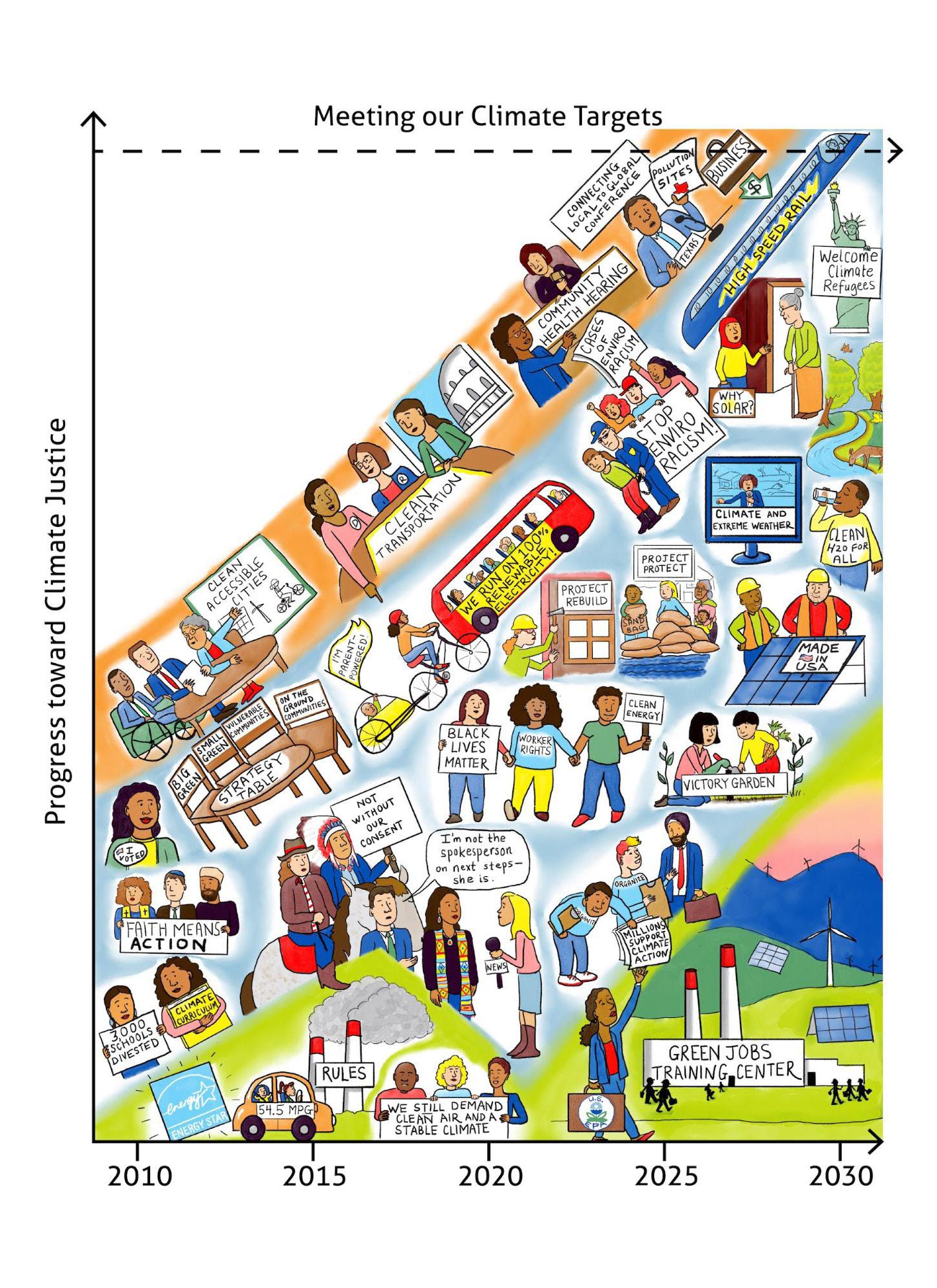
Our mission is to build trust and alignments among members to fight climate change in a just and equitable way.
We envision a powerful, inclusive, and trusting network of US organizations which work together to meet the global goals in the Paris Climate Agreement and exceed the US targets outlined in that agreement.
If we work together, we will successfully impact climate change. This theory is rooted in the belief that our network members must double down on democracy and relationships in order to pursue our shared goals. Our inside game and our outside game members must be in relationships with each other and coordinate in areas where members decide that working together will enable us to meet the network’s vision.
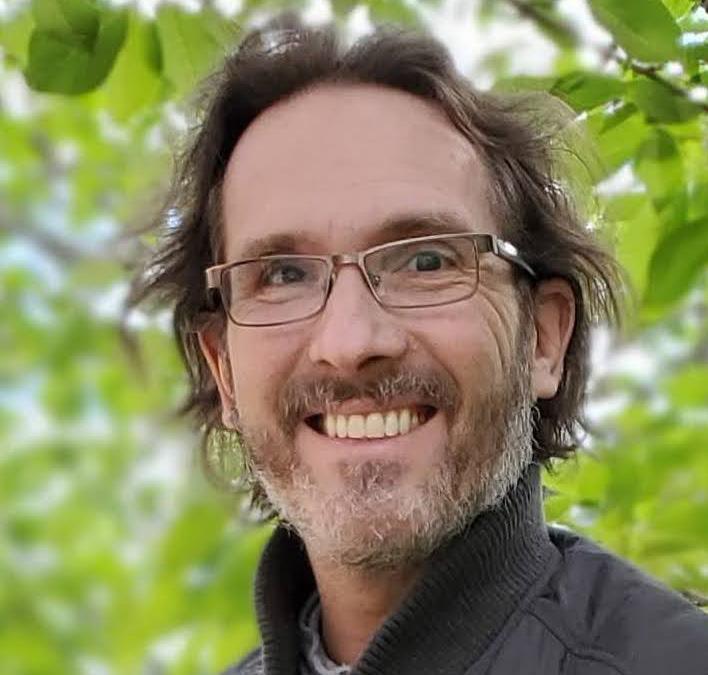
Dear Friends, Allies, and USCAN Family,
2021 started with a historic assault on American democracy, not just symbolically but with an actual attack on the US Capitol aimed at overturning the election. Much of 2021 was characterized by the tumult in the halls of power and a continuation of the uphill struggle American democracy has faced since the previous president came to power. Trump’s climate antagonism went hand in hand with his sympathy for racists and tyrants. These challenges galvanized our understanding that a weak democracy will not respond to the climate crisis, and a strong democracy requires engaged people advocating for justice and equity across all issues.
Last year was also full of highlights, both for the climate movement broadly and for USCAN. Every day, people in the US and around the world are standing up and saying “enough!”—just a few examples of which include the meteoric rise of a cohort of inspirational young activists led by Greta Thunberg and the proliferation of civil
society actions like Fire Drill Fridays and Shut Down DC.
USCAN continues to operate at the center of those driven to bear witness and take action. Our membership, the beating heart of our network, has expanded significantly and is leveraging the power of collaboration, relationships, and speaking with one voice more than ever. This year, our Member Catalyzing Grants program supported 19 proposals for a range of collaborative projects including, but not limited to, developing leadership in frontline organizations, building power to support tribally-led climate justice efforts, and increasing engagement and activism within faith communities. From joining strikes across the US to developing and implementing our own Justice, Equity, Diversity, and Inclusion checklist across all our work, I am proud to see the centering of shared strategies lift up all voices and perspectives. This aim of our 2017–22 strategic plan has truly been brought to life.
Looking ahead to 2022 and beyond, I am energized by our community’s clarity of purpose and solidarity. The challenge is significant, but our network has risen to meet it and will overcome it. The release of the Vision for Equitable Climate Action (VECA) policy platform, which focuses on a just socio-economic transition that bridges the rural-urban divide, is underway and will be ready for implementation by the next presidential term. Arm in Arm—a movement designed to invoke a transition to climate conscious behaviors across society—is gathering steam as it heads into its second phase. With a new administration in office, we have been able to pivot from defending what we’ve gained to ratcheting up policy in favor of equitable climate solutions. We have the tools we need to win!
It is bittersweet to write my final message after more than nine years as executive director of USCAN and over fifteen years as an active USCAN member.
When I started as executive director at USCAN, we were fighting hard together to secure the negotiation of a Paris Climate Agreement with teeth. Our members were also fighting each other over differences of views over what outcome was strong enough, while our small staff was fighting to keep the network together and get on sound financial footing. What a difference a decade makes.
This year the struggle for the Build Back Better bill and the ultimate passage of the Inflation Reduction Act provided a parallel moment for our membership. The challenge of winning something in the inherently racist system of government that we have is that it puts on display what was lost and forsaken by that system at the same time. To our credit, our network did not fall apart over the passage of the Inflation Reduction Act (IRA). We struggled together to understand each others’ views, and we worked together to kill the zombie Mountain Valley Pipeline repeatedly in its physical form and in the legislative process. Our members are now training each other on how to secure federal grants from the IRA for communities that need renewable energy and need to prepare for climate impacts.
We also made huge advancements in implementing the Paris Agreement. The USCAN community was a critical part of CAN International’s successful work to secure a win on “Loss and Damage” at the UN Climate Meetings. We had a large, diverse USCAN community that secured this win, led by Reverend Dallas Conyers.
This year we also embarked on a process for a new strategic plan to lock in all the progress we have made on Justice, Equity, Diversity, and Inclusion (JEDI); all the progress we have made on democratizing our resources; and all the progress we have made on holding each other accountable. And takes it another step forward to focus on our network’s wellness, on democratizing the best ideas in the form of campaigns, and on accountability in our JEDI work.
I’m so proud of the work that this network has done, and I know that as I transition, I am leaving this network in the incredibly good hands of our members. Our members are
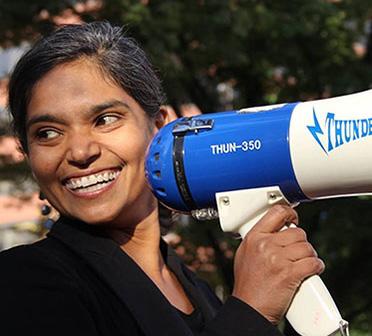
setting the priorities, deciding where the money goes, and making the plans to dismantle the systems of oppression that brought us the climate crisis. I feel like a proud mom looking at this amazing network and all it did in 2022, and I know I’ll feel the same about the coming years.
Thank you to all our staff, our board, and our members for making USCAN into a political home for me and so many others for so long.
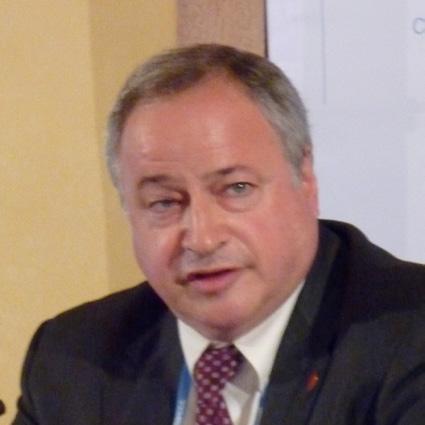

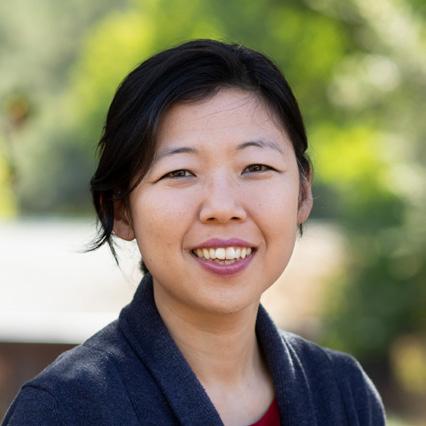
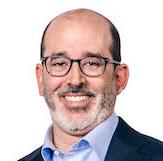

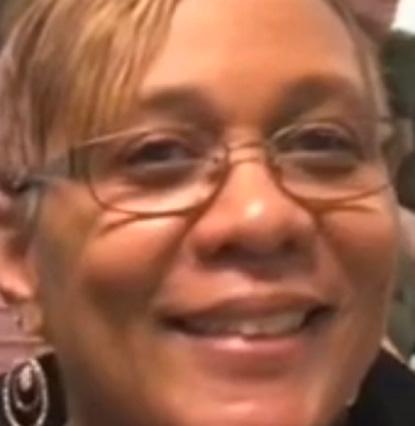



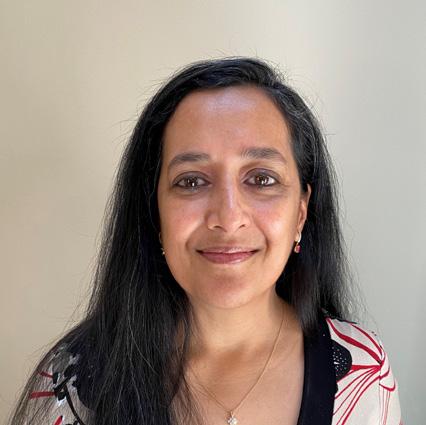

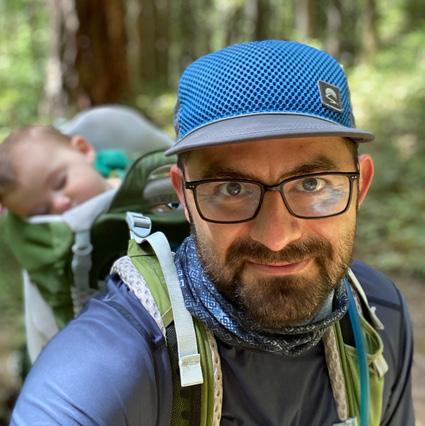

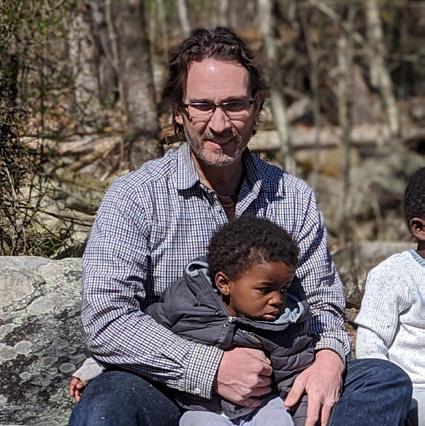

Our board members are critical leaders both within and outside the network. They selflessly devote their time to weaving strong relationships amongst our members, participating in various USCAN committees, and making sure we have the resources necessary to achieve our shared vision.

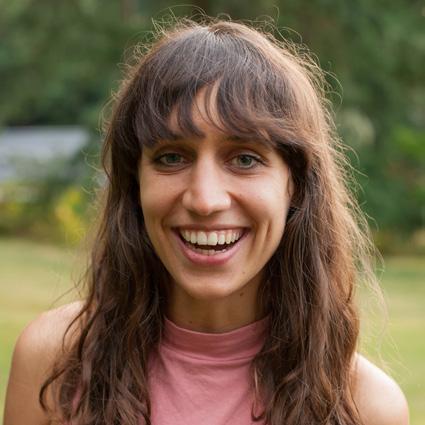
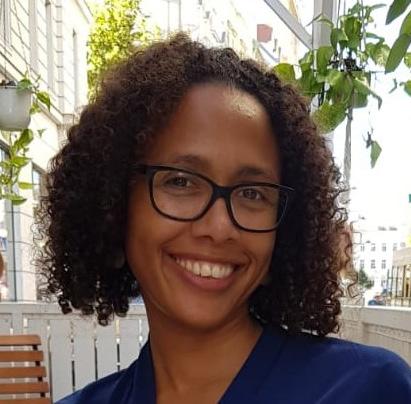
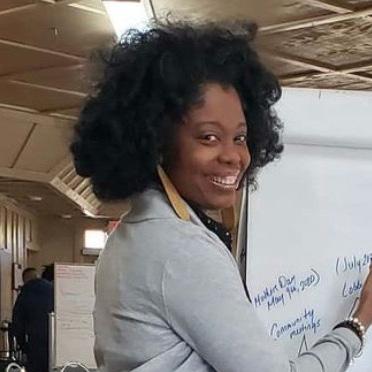
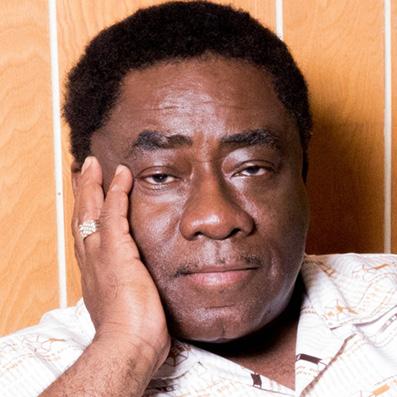
Alden Meyer Principal Performance Partners
Archbishop Marcia Dinkins Director
Black Women Rising
Basav Sen
Director
Climate Policy Project | Institute for Policy Studies
Brandon Wu
Director of Policy and Campaigns ActionAid USA
Colette Pichon Battle, Esq. Director
Taproot Earth
Daniel Sosland President Acadia Center
David Turnbull (Secretary) Strategic Communications Director Oil Change International
Dyanna Jaye
Associate Consultant PowerLabs
Elizabeth Chun Hye Lee (Liz)
Executive for Economic and Environmental Justice and Climate Justice Lead United Women in Faith
Jacob Harold (Board Treasurer)
Executive Vice President Candid
James (Jc) Woodley
Executive Director
Jail and Prison Rehabilitation Information (JAPRI)
Jana Merkelbach
Head of Network Development and Outreach
Climate Action Network International
Joe Goldman
President
Democracy Fund
Joe Uehlein
President and Executive Director
Labor Network for Sustainability
Kyle Ash (Chair)
Policy Director
Bank Information Center
Marnese Krishana Jackson
Director
Midwest Building Decarbonization Coalition
Mikhiela Sherrod (Vice-Chair)
Executive Director
Agricultural Missions, Inc
Rachel Cleetus
Policy Director
Union of Concerned Scientists
Rev. Dallas Conyers
Director
Southeast Climate & Energy Network
Rev. Leo Woodbery
Pastor, Consultant
Kingdom Living Temple
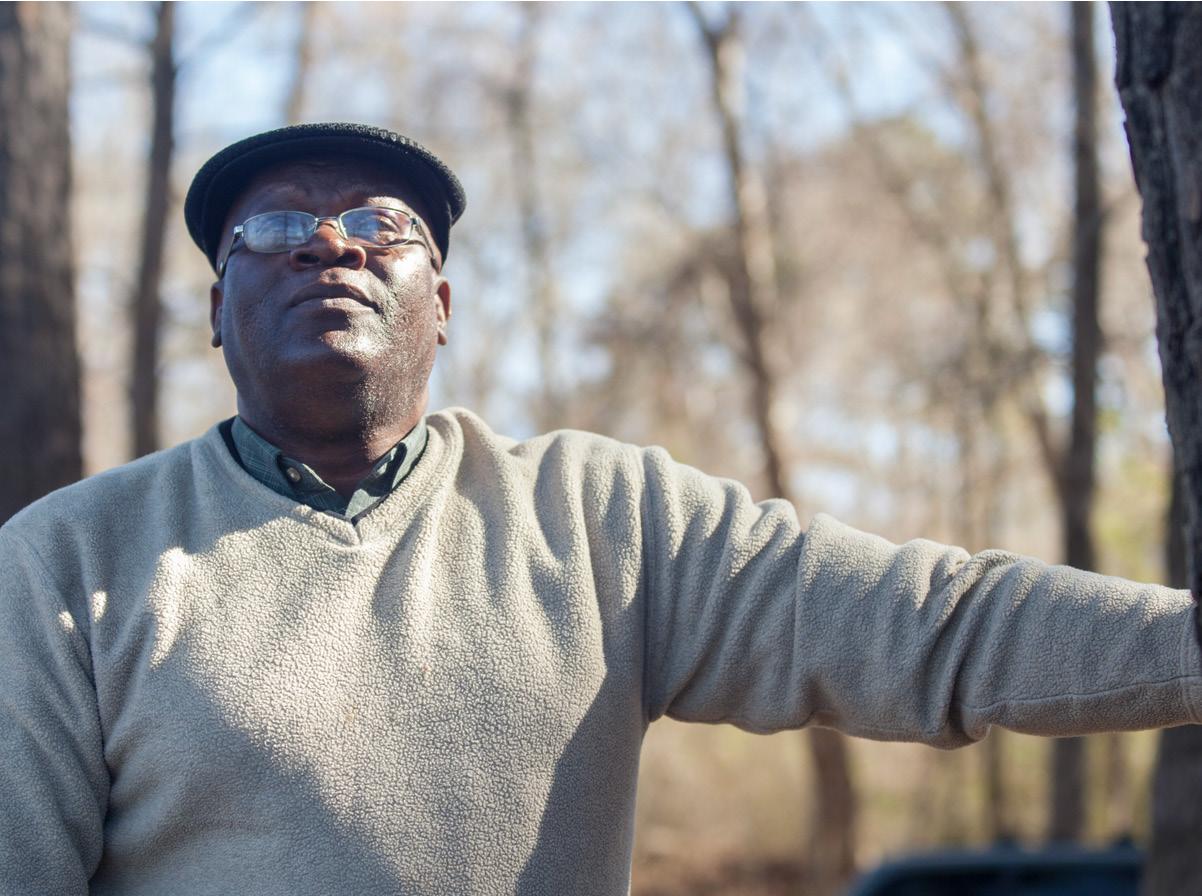
Board Member James (Jc) Woodley
"There is no tribute that could adequately summarize what JC brought to us as a Board member, co-chair, and friend. He was a person who chose to show up, day after day, with all of his intellect, his kindness, his honesty, and his truth." Rev. Dallas Conyers
USCAN Board Member James "JC" Woodley passed in the fall of 2022. JC was and will continue to be a well-loved member of the USCAN family. During his time with us JC not only served on the board but also as co-chair of the Building Power from the Grassroots Up Action Team. JC used his deep knowledge of biology and ecosystems and how they connect to issues of social and racial justice and equity to help develop the Vision for Equitable Climate Action (VECA ) policy platform.
Through his organization, JAPRI Community Programs, JC worked to support and assist formerly incarcerated Black men in building better lives and reconnecting with their community through learning and addressing health and environmental concerns.
JC had an infectious smile, a gentle heart and a loving spirit that filled any room he graced with his presence. His legacy will always be remembered in the many spaces and organizations he chose to dedicate his time to.
USCAN started 2022 coming off the heels of a set of United Nations (UN) climate meetings—the Conference of the Parties (COP)—where the US government once again showed up with no action. We assembled a diverse cohort of rockstars in our network to pwush harder this year. We struggled together to understand how and why we are reacting differently to the ultimate passage of the Inflation Reduction Act, and we participated in a COP where the US government finally conceded to our demands and agreed to set up a fund for Loss and Damage.
Arm in Arm started 2022 with an action in DC taking on the firm No Labels, which funded the legislators who were blocking climate action in the Build Back Better bill in the US Senate. Following that, hundreds of USCAN members and
Arm in Arm activists joined together in Birmingham, Alabama to kick off our work to take on more dirty money at Southern Company. That work turned into the Power for Southern People Not Southern Company campaign and became a critical part of our efforts to grow power in Mississippi, Alabama, and Georgia, where for too long Southern Company has funded politicians who poison our people, dismantle democracy, and attack women’s rights. USCAN ended 2022 with huge groups of members aligned in the fight against corporate power.
We have a long way to go, but this network put relationships before tasks in 2022, and in doing so, got a lot of tasks done for people and the planet.
Citizens Climate International Coronado, California
Faith Alliance for Climate Solutions Reston, Virginia
Fossil Free Media Concord, New Hampshire
Foreign Policy for America Washington, DC
Hudson Valley Climate Action Network Chatham, NY
Institute for Sustainable Communities Washington, DC
Justice is Global Chicago, Illinois
Multisolving Institute Washington, DC
Reefquest Foundation Palisades, California
Second Nature Cambridge, Massachusetts
SPROUT NOLA New Orleans, Louisiana
Sustainable CSRA Aiken, South Carolina
The Climate Initiative Kennebunkport, Maine
VIVAT International New York, New York
Woodwell Climate Research Center Falmouth, Massachusetts
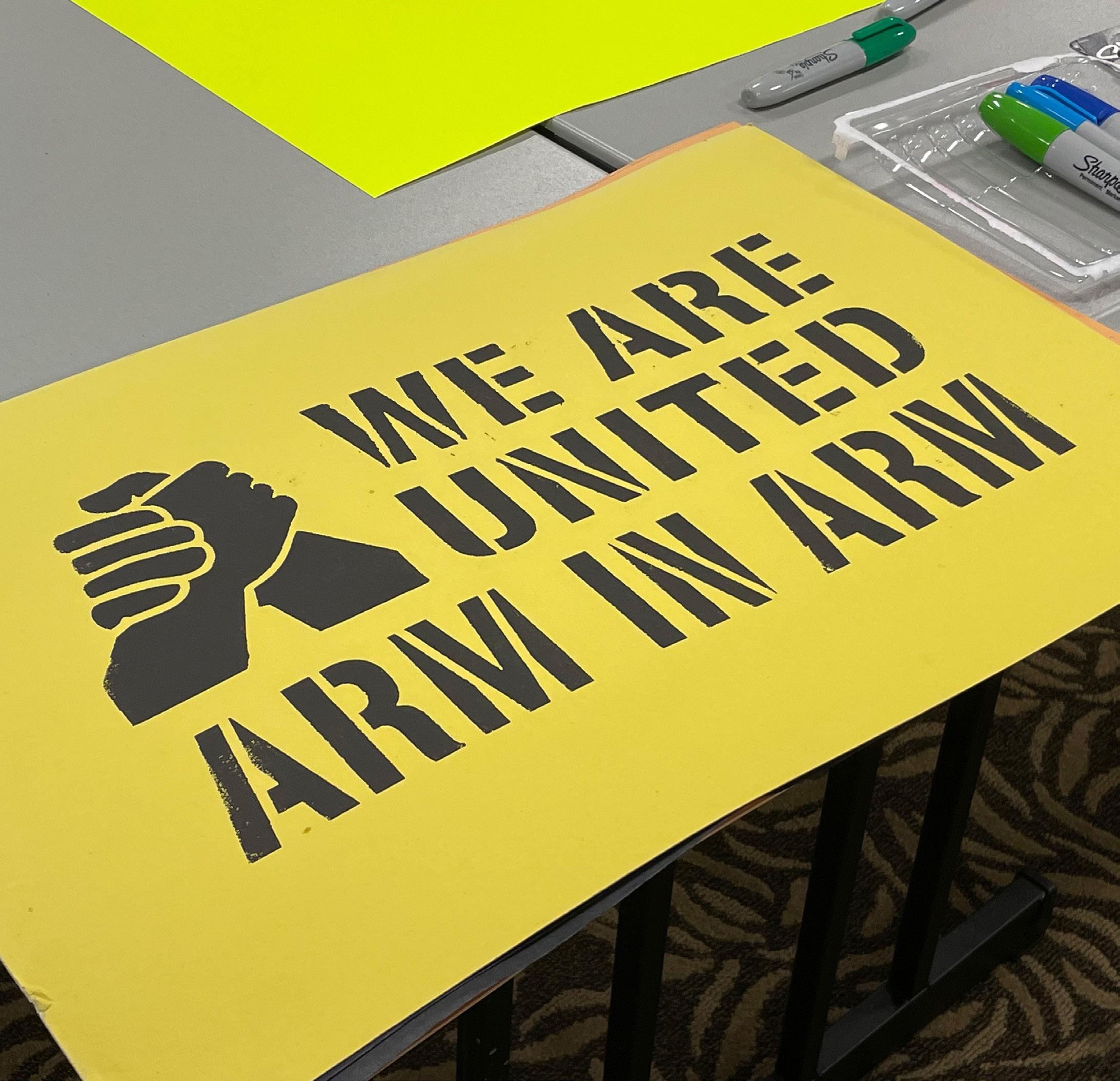
We completed our final year of the 2017–2022 Strategic Plan and members ratified the new strategic plan in February 2023. In 2022, we continued to focus on meeting our core goals in the current strategic plan and contracted with Keesha Harris and Associates (KHA) to get member feedback to build out our next strategic plan.
Building on our commitment to transparency and democracy, USCAN formulated a new strategic plan that is responsive to our members, but also starts with the core question of “do we need to exist?” and if so, “why?” so that we can design a plan that serves the highest and best purpose of ending the climate crisis by putting racial and economic justice at the heart of our work.
Our goals are to facilitate democratic participation, build trust, foster alignments, and enhance network effectiveness.
Create sustaining value in the network by transitioning to a democratically member driven network model.
Build critical mass for climate action and policy by enabling alignments between clusters of members.
Build the foundational relationships essential for collective action by facilitating peer learning activities that foster trust and candor between members.
Enhance network effectiveness.
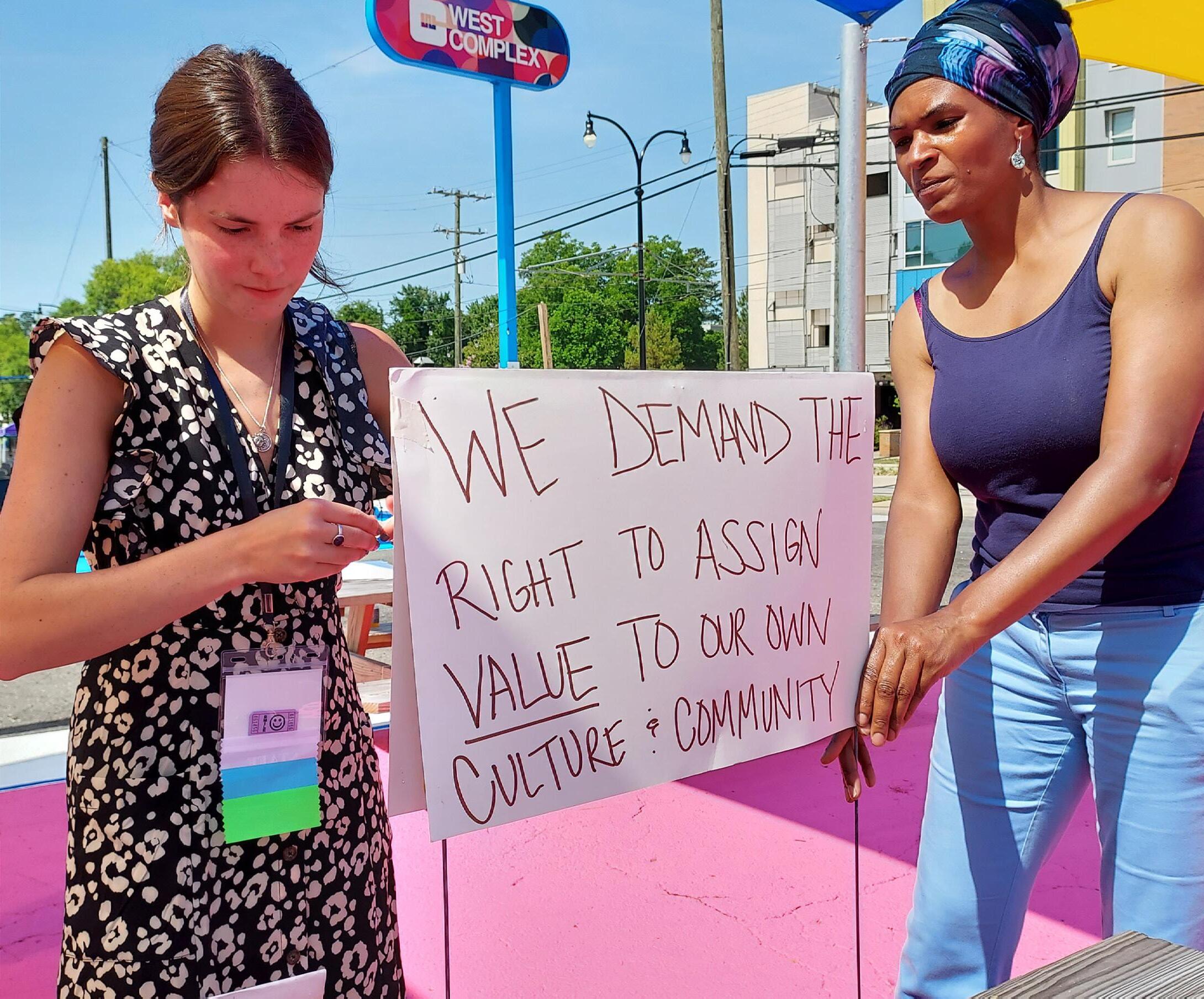
The USCAN team, following the leadership of our memberled 2022 Annual Meeting Steering Committee, planned a gathering for June 21–24 to remind our network why we love our USCAN family, connect members, build trust and joy, and align our members around actionable work for the upcoming year.
The gathering culminated in members successfully voting on priorities for the 2022-2023 alignment areas using a digital ranked-choice voting process. This was our first-ever hybrid vote, meaning that USCAN voting participants, in-person and virtually, were both able to vote. This was a successful return to our pre-COVID voting participation levels. During the vote, members decided that our next conference would be in New Orleans, Louisiana and chose the action teams and priorities for the Network Catalyzing Grants.
Additionally this year, members exercised democracy through their engagement and participation in the new strategic planning process that was coordinated by the external consulting team Keecha Harris and Associates. Members participated in six listening sessions scheduled throughout September 2022 and used the opportunity to provide feedback on a vision and direction for the network over the next five years. In early November, the preliminary draft of a new strategic plan was shared via a network-wide town hall that was hosted virtually by the strategic planning consultants, and members were given a further opportunity to give input and make recommendations on refinements to the emerging plan.
Following the town hall, USCAN members on the Justice, Diversity, Equity, and Inclusion Committee worked collaboratively to finalize a blueprint for operationalizing
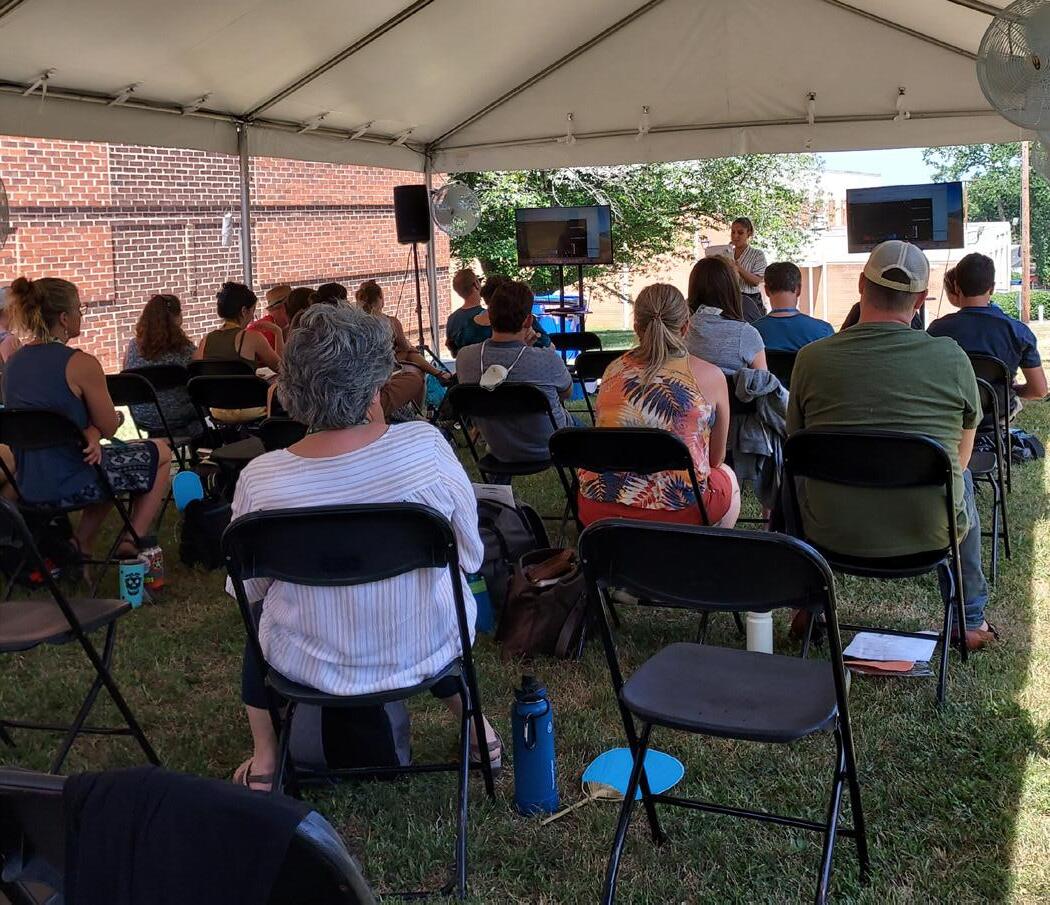
This first session was intentionally designed to center the local community that was hosting us and give participants at our annual meeting (both in-person and virtual attendees) an authentic opportunity to listen, learn and be in dialogue around the local community’s past, present, and future experiences. Following the panel headlined by a group of outstanding local leaders, attendees walked to the nearby Rosa Parks Farmer’s Market where we helped to set up market stalls for the day and learned how the market serves the Greater West Charlotte area.
After this community service event, we officially kicked off our annual meeting at JCSU and were led by local indigenous leader Crystal Cavalier in honoring the land. After an hour of spoken word by local leaders and poets, followed by grounding remarks by USCAN’s Executive Director Keya Chatterjee, our group split into two for our newest addition to the annual meeting.
“Accountability within our Movement” at USCAN. The USCAN Board Strategic Planning Committee received this blueprint and incorporated it into the new strategic plan. Likewise, the Centering People and Climate Impacts Action Team co-created a draft proposal on establishing a formal mutual aid fund at USCAN that was adopted and incorporated as well. Finally, a proposal was submitted on operationalizing wellness across the network that was created collaboratively by USCAN members and staff. It too was adopted in the new strategic plan.
Similar to previous years, the June 2022 Annual Meeting was the most highly anticipated network event for our members precisely because of its track record over the years of being a convening where members can learn, laugh, love on each other, and heal/build relationships with each other. The four days members spent together in June were designed to center the following themes: Connect, Align, Produce, and Inspire while Celebrating Life, Encouraging Joy, and Building Hope. Below is a recap of the experience and the most prominent highlights and accomplishments.
The day started with an optional breakfast panel at Johnson C. Smith University (JCSU) on the erasure of Black and Indigenous communities, led by local activist Eboné Lockett.
The Cultivating a Culture of Co-conspirators (CCC) is a new program, facilitated by Sophie Zaken and Annika Harley and informed by JEDI Co-Chairs Rev. Dallas Conyers and Susannah Tuttle. The program aims to center anti-racism in our movement and provides skill-building for members to be proactive co-conspirators in dismantling white supremacy. We shared stories, deepened our friendships and understanding of what it means to be actively anti-racist, and learned the difference between an ally and a co-conspirator.
Happening concurrently with CCC, USCAN’s Leaders of Color hosted a session centered on creating joyful connections through inspiring, encouraging, and building hope. Attendees participated in several exercises that focused on celebrating personal successes and recognizing the leadership of women of color, reflecting on personal history and how it led members to where they are today, and on visioning and affirming joy in our daily lives despite the many struggles our communities face from the climate crisis.
The first day achieved the creation of an atmosphere of joy and gratitude, as well as provided a learning incubator to deepen awareness around the ways the structures of white supremacy continue to manifest in our communities — including within the immediate community that was hosting us—and build skills that will allow us to actively resist and dismantle its elements individually and collaboratively.
The main meeting opened with Colette Pichon-Battle (USCAN Board Member and Executive Director of Taproot Earth), who inspired us in advance of our visioning and strategic planning work together and brought us to a collective understanding of what we must do to win — for everyone. Colette reminded us that if we are not all fighting for all of us, we will not survive in this society-wide disorientation and disaster. She also reminded us that everything we are going through is real and that we must not numb ourselves — that love, not hate, is our path to victory.
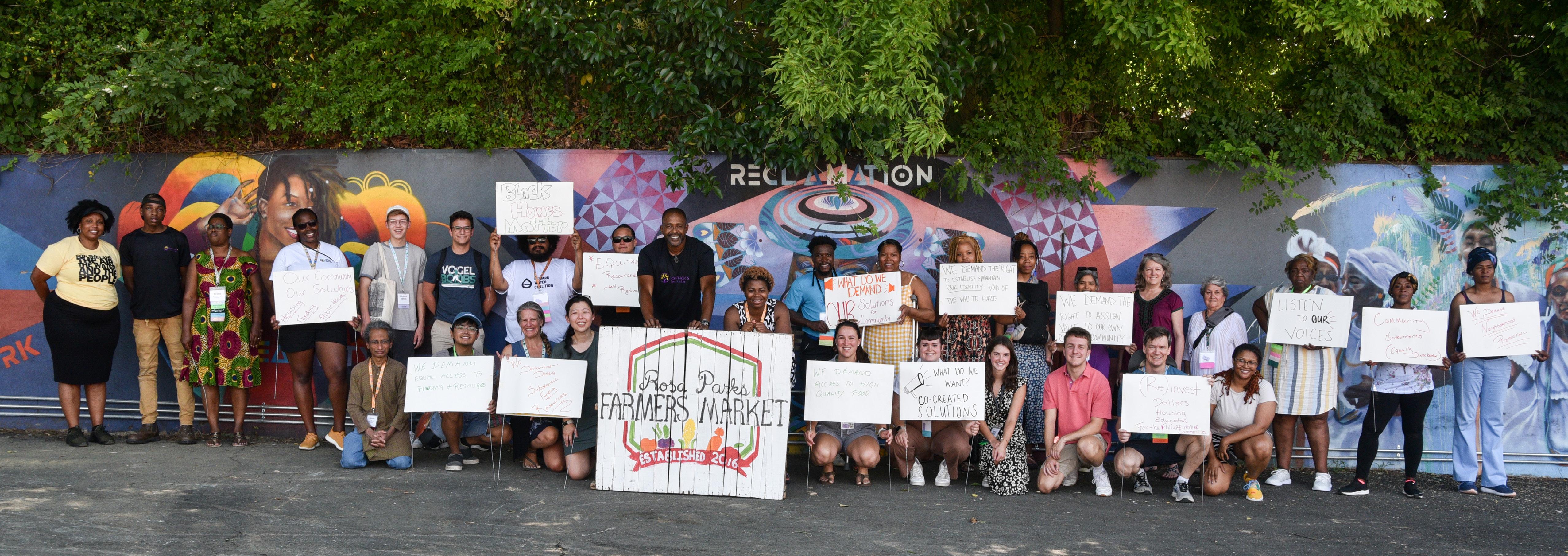
We need love. We’re in a war against hatred, and only love defeats it. Choose love, even though it’s hard. Learn to love the people that you don’t want to love.
Colette Pichon-Battle
We need to engage in collective evolution with boldness and integrity.
Keya Chatterjee
We then heard from Keya Chatterjee, who framed our day ahead and prepared us for a session focused on our new strategic planning process. Keya reminded us what we accomplished during our five-year strategic plan: we centered justice, equity, diversity, and inclusion; started a bottom-up decision making process; and established transparent voting processes. While we have achieved many great things, we also reflected on some habits that constrain us: short-term thinking, incremental thinking, talking to the choir, defining our agenda by what we oppose rather than what we want, predictability of go-to plans, overreliance on process, and compartmentalizing instead of understanding that all these issues are intertwined together. Keya led us into our next session with this question on our minds: what can we do to imagine and create the world we want? How can we make space and time to imagine a world where we dismantle systems of oppression and govern ourselves?
We then kicked off our strategic planning session with Keecha Harris and Associates to hone our collective vision and our member-led and informed strategic plan for the next five years. After the strategic planning visioning exercise, members had free time to rest and enjoy some art therapy as well as an art installation put together by Eboné Lockett. The day ended with a session on the catalyzing grants at which members had the
opportunity to learn more about the grants and to workshop their proposals.
The second day enabled USCAN members to tap into our aspirations for the future and be reflective on the moment we are in, including an honest assessment of what we have accomplished together as a network and what work remains undone that is necessary to achieve the just climate future we desire. The day also provided several collaborative spaces for members to connect with each other, engage in conversation around shared interests and priorities, and explore opportunities to partner together. Finally and perhaps most importantly, the day allowed the network to model behavior and values around radical wellness and wholeness by providing intentional spaces and services for rest, relaxation, and rejuvenation.
We kicked off day three with one of our members, Jean Su (Center for Biological Diversity), giving an awesome overview of CAN International (CAN-I), including how the global CAN network is planning to evolve with feedback and input from all the nodes, including USCAN. Members were interested and engaged and provided great feedback and suggestions.
members look forward to the final deliberations from this process and to USCAN’s continuing collaboration with all the other nodes in the global
After the conversation about CAN-I, Rosita Scarborough (Senior Director, Network Engagement) welcomed us to the space to kick off a day focused on member collaborations, accomplishments, and engagement. The four action teams and two standing USCAN committees represented by a group of co-chairs went through their accomplishments over the previous 12 months (July 1st through June 30th).
Huda Alkaff (Wisconsin Green Muslims) and Alex Easdale (Southern Climate Energy Network), who co-chaired the 100% Renewable Energy Action Team, presented on the webinars that the team coordinated and hosted for members, the meetings with public officials they conducted, the comments they published, and how they increased member participation in the action team generally.
Erniko Brown and Geri Freedman (Organizing Uplifted Resources & Strategies) then presented on the Building Power from the Grassroots Up Action Team’s investment in creating a case study documentary of frontline community leadership examples and successes in addressing the
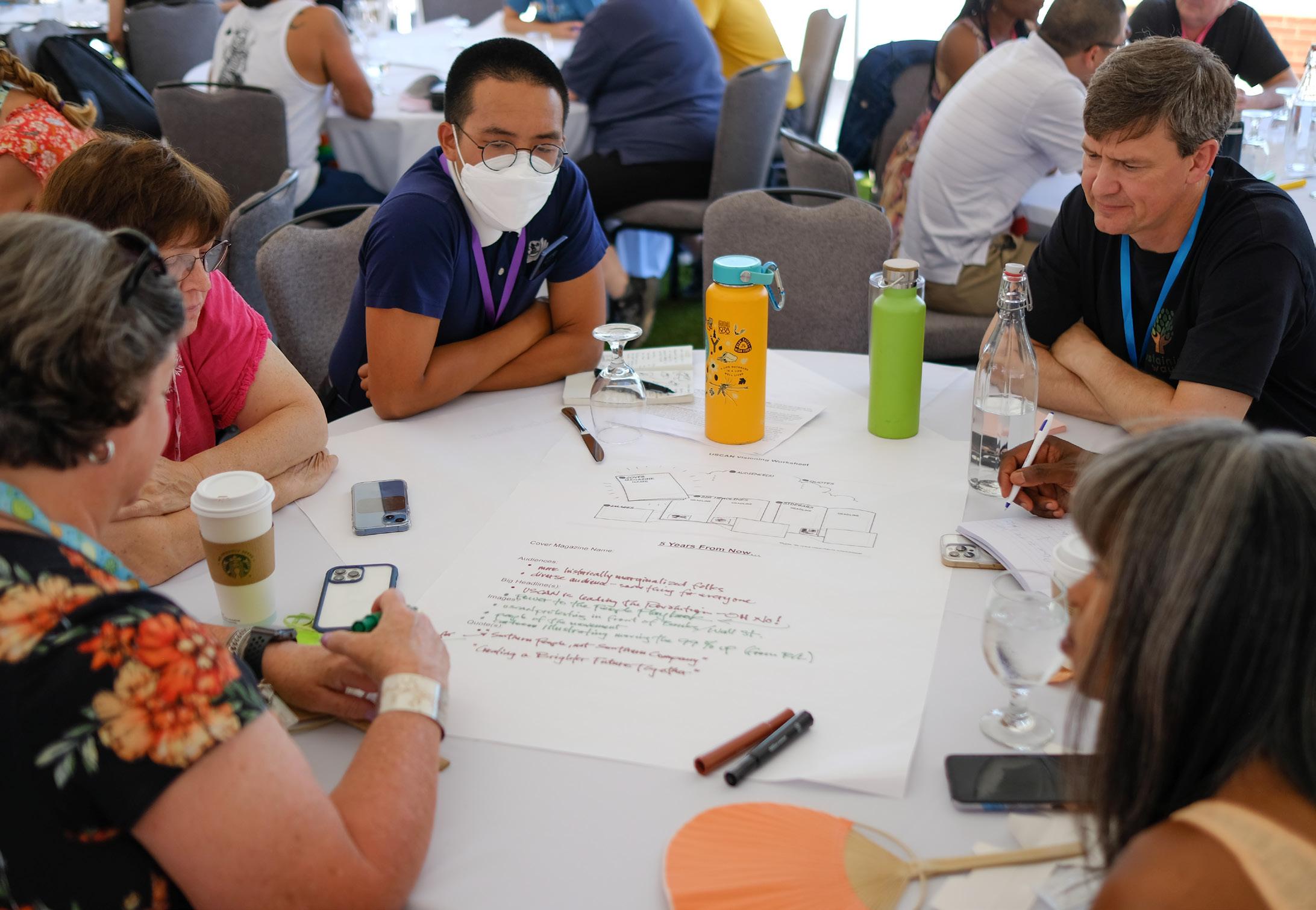
climate crisis. They also presented the team’s effort in socializing and circulating resources and tools that guide communities on how to access funding that falls within the Biden Administration’s Justice 40 Initiative.
Rev. Dallas Conyers (SCEN) presented next on the work of the International Cross Action Team Committee, including development of talking points and meetings with the US Department of State. As one of the co-chairs of the Justice, Equity, Diversity, and Inclusion Committee (JEDI), she also represented the committee’s work in advancing the skillbuilding and learning that happened in all the action teams and standing committees around Movement Organizing through Trauma Informed Approaches.
Jacob Johns (Backbone Campaign) provided members with an update on the work of the Mobilizing Around the Vision for Equitable Climate Action (VECA) team by showcasing an amazing video covering the team’s work on improving the branding, packaging, and new content creation for the VECA platform. Rachel Fazio (John Muir Project) built upon Jacob’s presentation with examples of Instagram posts and fact sheets created by the team and shared the announcement that the team was in the advanced stages of finalizing a more interactive and dynamic website for the VECA platform.
The final action team to present, Stopping Fossil Fuel Infrastructure, was represented by Sheelah Bearfoot (Anthropocene Alliance), Basav Sen (Institute for Policy Studies), and Michael Hansen (GASP) who warmed up their audience first with a pop quiz on ways we choose
expedience in supporting the fossil fuel economy, and what breaking that system of dependency could look like. They then distributed the fact sheets that the action team had created that simply and concisely detailed the influence of fossil fuel and dirty energy money, specifically utility company money, in influencing elective politics at all levels of government.
After the action team presentations, participants then dispersed into six breakout room conversations, the majority anchored by the action teams, in which deeper conversations occurred around the following topics: Climate people and climate impacts, Escalation in the face of rising fascism and white supremacy and threats to democracy, Addressing utility barriers and false solutions to 100% renewable energy & energy democracy, Building power from the grassroots up, Turning the vision for equitable climate action (VECA) into reality, and Engaging Black, Indigenous, and People of Color (BIPOC) and frontline communities politically to oppose fossil fuel infrastructure domestically and internationally + combating fossil fuel disinformation and politician buyouts + breaking the fossil fuel and other extractive industries’ subsidies and tax break cycle.
After lunch, we transitioned into a fully virtual format for all participants to run the vote. We conducted a trial run first to select the next location for the next USCAN annual meeting—congratulations New Orleans! Then we held the vote on the network’s alignment areas for the next six months and selected these four: Breaking the Fossil Fuel and

other Extractive Industries’ Subsidies and Tax Break Cycle, Centering People and Climate Impacts, Grassroots Campaign for Vision for Equitable Climate Action, Building Power from the Grassroots Up.
The day concluded with joy and celebration courtesy of USCAN member Sol Nation, which hosted us all for a fantastic “Sol Fest” with incredible local vendors, music, food, and fun.
The last day of the USCAN Annual Meeting was bittersweet. The day started on a very upbeat note with a celebration through song, led by USCAN Board Member Rev. Leo Woodberry (New Alpha Community Development Corporation). Members then convened within the four action teams that had been selected the previous day to deliberate on achievable priorities and Strategic, Measureable, Ambitious, Realistic, Time-bound, Inclusive and Equitable (SMARTIE) goals for the next six months before the annual meeting in February 2023 and volunteer themselves for leadership roles within the action teams.
The energy across our membership, both in person and virtually, shifted dramatically when the Supreme Court ruling overturning Roe V. Wade was announced midmorning. With grace and love, USCAN staff quickly shifted the programming for the day, appreciating the need for members to express our raw emotions and allow for the mental, physical, and spiritual processing that was
necessary to deal with such heavy news.
Some members mobilized quickly and participated in an act of disruptive humanitarianism in downtown Charlotte that was in solidarity with, and following the leadership of, local abortion rights activists. Other members generously held space for quiet reflections and dialogue as well as healing activities such as creating artwork. The annual meeting ended in two closing circles: one at the primary venue of the meeting where members, especially those who are considered “elders,” offered reflections on resilience, gratitude, and remaining in community with each other. A second closing circle was held at the venue of the direct action where some members had congregated in downtown Charlotte.
The 2022 USCAN Annual Meeting provided the full arc of creating community through joy and love; leaning into curiosity and deeper learning on our unique individual and collective life experiences including systemic injustices that continue to plague us; deepening our learning and skillbuilding in resilience, radical love, authentic and reciprocal relationships; and, finally, rallying in support for each other as the moment demanded.
In addition to the annual meeting, members doubled down on building and repairing trust in two ways. The first was to follow through on a commitment made by the action teams and standing committee co-chairs to dedicate the time and effort needed to deepen their learning and skill-building in facilitation using trauma informed approaches. This happened
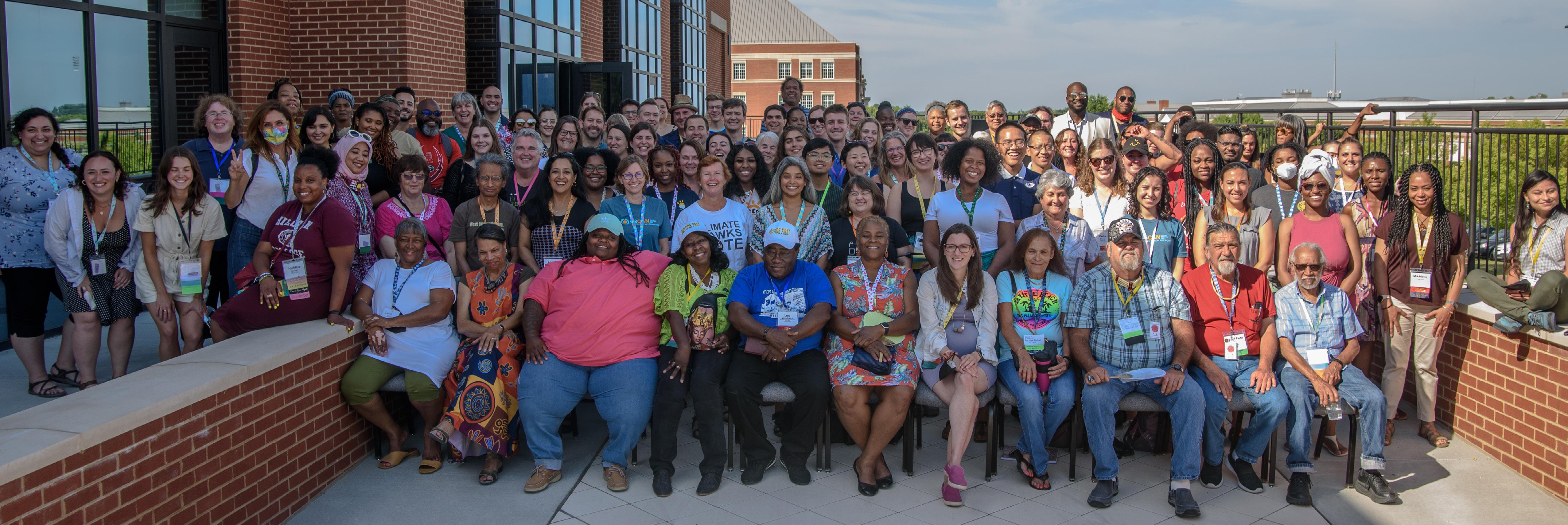
in the spring and summer of 2022 with participation from the leadership of all the action teams and standing committees. The learning and skill building is ongoing and has been extremely useful in enabling members to have courageous and restorative justice conversations with each other during action team and committee calls when harm and damaged relationships have occurred.
Additionally, members participated in two town halls over the course of the year that USCAN organized as convening spaces for members to share information, perspectives, and agree on ways they wanted to collaborate in response to important developments that occurred in the climate movement this year. The first was in the spring of 2022, when members heard from peers who are subject matter experts on the political and legal landscape that would influence the outcome of the Supreme Court ruling on West Virginia v. Environmental Protection Agency (EPA), which weakened the regulatory authority of the EPA. Based on the conversation that occurred, we were able to proactively plan for the eventuality of a now-weakened EPA.
The second opportunity occurred in fall after the passage of the Inflation Reduction Act. In the lead-up to the town hall on the topic, members engaged in conversations during action team and committee calls about how
they felt about the legislation and its impact on their communities. Unsurprisingly, members raised a broad spectrum of opinions in these conversations and the town hall. Regardless, members leaned into curiosity about each other’s perspectives and were able to coalesce around some specific next steps they were willing to collaborate on, irrespective of differences in opinion. These steps included working through the Building Power from the Grassroots Up Action Team to build member awareness and capacity on how to access environmental justice/climate justice funding under the Inflation Reduction Act. Action items also included continued outreach to Members of Congress; drafting public statements, op-eds, and social media ads against the dirty energy permitting reform side deal that was still being pushed by Senator Joe Manchin and others; and collaborating to draft alternative proposals to the permitting reform side deals in the Breaking Fossil Fuels Tax Breaks and Subsidies Action Team.
In 2022 members demonstrated the power of the relationships that we have developed over time by mobilizing to provide support to CAN Eastern Europe Caucuses and Central Asia (CAN EECCA) leaders in Ukraine. Tim Judson (Nuclear Information and Resources Service), Sumer Shaikh (Green New Deal Network, staff from Climate Nexus, and Lauren Maunus (Sunrise Movement) facilitated access to key contacts in the Biden Administration that resulted in Ukrainian colleagues delivering letters to the Biden Administration asking that the US sanction ROSATOM (State Atomic Energy Corporation Rosatom). USCAN allies additionally were able to secure TV placements for our friends, who used the opportunity to share the demands of Ukrainian civil society, appearing on “All in with Chris Hayes'' and “CBS Nightly News.” USCAN took the additional step of signing onto an NGO “Stand with Ukraine” joint statement to end global fossil fuel addiction that feeds Putin’s war machine. And at the CAN-International Annual Strategy Meeting, the Fossil Fuel/Just Transition Group resolved to put together a global sign-on letter to respond to Russia’s war on Ukraine and the energy crisis.
Members also joined in celebration at the amazing two-day Gulf Gathering for Climate Justice and Joy convened by the Gulf South for a Green New Deal in Baton Rouge, Louisiana in early June. The Gulf gathering centered the Gulf community by bearing witness to struggles, challenges, and triumphs that were shared across the broad spectrum of local and regional climate activists in the Gulf South, including Puerto Rico, related to stopping false solutions to a just transition (including carbon capture and sequestration and biomass). It also included participating in deep and courageous conversations around ways to collaborate more closely and effectively at the local, regional, and national levels. Last but not least, it was an opportunity to experience the rich, vibrant, and resilient culture of Indigenous and Black communities in Louisiana in spiritual practice, music, dance, poetry, and food…….great food!
In the fall, USCAN members collaboratively accomplished two big wins together and with allies from across the broader climate movement. The first was stopping the initial attempt to pass the Manchin “dirty energy” side deal. USCAN members—working with external coalition
partners such as the People vs Fossil Fuels Organizing Team, Green New Deal Network, and Climate Action Campaign— coordinated multiple efforts, including direct lobbying of members of Congress, aggressive media and messaging campaigns, and direct actions, and blocked passage of the bill in Congress. Contributing to these efforts, the Breaking Fossil Fuel Tax Breaks + Subsidies and the Building Power from the Grassroots Up Action Teams created a statement calling for Congress to stop the side deal. The two action teams also created a Social/Communications Toolkit to #StopTheSideDeal. This outcome was a testament to the relationships we have built with each other and demonstrated a commitment to mobilize quickly and collaborate to stop a deeply damaging piece of legislation that would have had immediate consequences for many in the USCAN family. Members successfully collaborated through the end of 2022 to stop additional attempts in Congress to pass this toxic piece of legislation.
The second win was the long and hard-fought campaign to establish a global Loss and Damage Fund, announced at COP27 in Egypt. In the lead-up to COP27, USCAN members teamed up with Rep. Jamaal Bowman’s office to put together a Loss and Damage Congressional Briefing. Speakers included Rev. Dallas Conyers (Southeast Climate and Energy Network), Brandon Wu (Action Aid), Harjeet Singh (CAN-I), Rachel Cleetus (Union of Concerned Scientists), Rev. Michael Malcom (People’s Justice Council), and Vanessa Nakate (Rise Up Movement and UN Goodwill Ambassador). The State Department has said one of the reasons they did not want a new facility is because they thought Congress would not provide funds to support it, and they did not want to make promises they could not keep internationally. So USCAN members went to work on this. The International Crosscutting Committee launched a loss and damage sign-on letter initiative. The committee sent the letter to John Kerry, the Special Envoy for Climate Change, and as a result CAN-I received an invitation to speak at the Heads of Delegation for Loss & Damage consultation.
At COP27 in Egypt, USCAN members showed up in a big way. With other leaders in the water space, Colette Pichon Battle (Taproot Earth) gave remarks underscoring water as a human right, connecting the fight of the US Gulf South to the Global South. Rachel Cleetus (Union of Concerned Scientists) was quoted in the Guardian following Climate Envoy Kerry’s announcement of a US carbon trading scheme with the private sector. USCAN International Liaison Dallas Conyers (SCEN) accepted the Fossil of the Day on behalf of the United States because of consistent efforts by the US to undermine and outrightly dismiss the demand from over 130+ developing countries, representing over five billion people, for a loss and damage finance facility. The Chisholm Legacy Project launched a resolution calling for Race, Racism, and Climate Reparations in the United Nations Framework Convention on Climate Change. Kathy Egland (EEECHO) joined a panel discussion on "Dispatches from the Frontlines of False Solutions: Forest Biomass" at the Civil Society Climate Justice
Hub highlighting frontline communities from the US.
Working together across the global CAN family and with civil society from the Global South, members were able to celebrate the collective success. Tasneem Essop, Executive Director of CAN-I, captured this watershed moment perfectly with this reflection:
“Together in our unity, in our collective effort as a network, in our deep partnerships and alliances, and with our sharp political strategy and thought-through tactics, we have proven that what appears impossible is indeed possible. We set out to make Loss and Damage Finance an issue that could not be ignored when we prepared for COP26 in Glasgow. We made it our litmus test for success. We surprised ourselves with what we managed to achieve there, even though we did not get an outcome. And we committed to not stop fighting - and on all fronts: our unblocking the blockers political strategy, a defensive strategy with the G77+China and its blocs, building wider coalitions and just putting all round pressure on this issue, from getting it onto the formal COP agenda and we still kept up throughout COP27.”
In addition to the activities described above, all the action teams and standing committees advanced work on their stated priorities for the action team cycle that concluded in June 2022. Some of the accomplishments include:
+ The Advancing 100% Clean and Renewable Energy Policies and Programs for All Action Team successfully hosted 12 webinars from January through the end of May 2022 spanning a rich diversity of speakers and topics that are relevant to addressing utilities’ barriers and false solutions to advancing energy democracy and a just transition. The webinars were heavily attended by USCAN members and resulted in cross-collaboration and fertilization of ideas across the other three action teams.
+ The Mobilizing Around Vision for Equitable Climate Action (VECA)/Equity Policies that Support Communities Adversely Impacted Action Team (includes climate change, fossil fuels, just transition) incorporated a major update to the VECA policy platform by inserting specific language on free, prior, and informed consent which is a right recognized in the United Nations Declaration on the Rights of Indigenous Peoples (UNDRIP). The action team also completed multiple revisions to various sections of the policy platform and took the opportunity to socialize the platform and solicit feedback from frontline and grassroots leadership at the Arm in Arm February National Assembly in Birmingham, Alabama, as well as through follow up consultations with indigenous leaders facilitated by Jacob Johns (Backbone Campaign), and most recently at the Gulf Gathering for Climate Justice and Joy in Baton Rouge, Louisiana. This process will result in the repackaging of the VECA
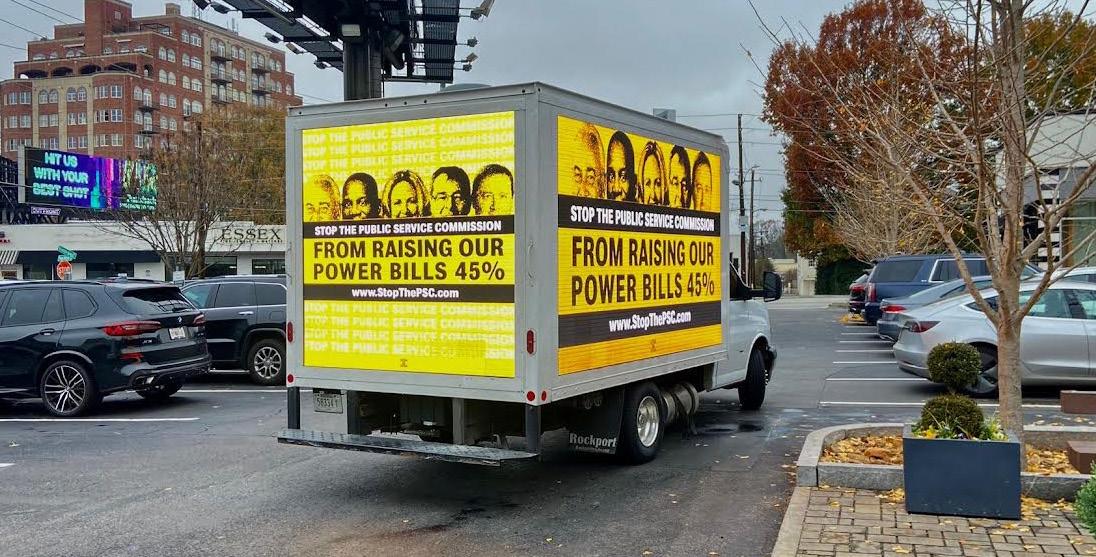
policy platform from a static website presence to a more versatile and dynamic suite of formats that is more user friendly and accessible for grassroots organizing and mobilization.
+ The Building Power from the Grassroots Up Action Team created a case study documentary that showcases examples of frontline leadership in communities that have expanded access to funding, social services, other economic investments, or political power in their efforts to deal with the climate crisis. All of these examples demonstrate more just, equitable, and accountable approaches than the status quo, which grassroots and frontline communities can replicate for better outcomes, and they are linked to many of the policy recommendations that are contained in the Vision for Equitable Climate Action. Additionally, the action team is currently socializing, through member organizations and networks, the Justice 40 in IIJA factsheets that are a joint collaboration between Evergreen Climate, Green New Deal Network, and United Frontline Table. They are also circulating the Emerald Cities Collaborative’s The People’s Justice 40+ COMMUNITY BENEFIT PLAYBOOK Both tools are important resources for grassroots communities and organizations in navigating the infrastructure that is being established at the state and local levels to allocate and disburse funding under the Biden Administration’s Justice 40 Initiative.
+ The Stopping Fossil Fuel Infrastructure Action Team has developed a national factsheet and a state-specific factsheet that are two-pagers with infographics on how fossil fuel companies are buying legislators, and how fossil fuel companies are getting tax subsidies. The action team developed one specifically for the Arm in Arm actions on May 25th and 26th in Atlanta, Georgia focused on the Southern Company. The team will continue to support the production and distribution
of more resources now that the Arm in Arm Southern Company campaign materials have been finalized. These factsheets will be stored on the Vision for Equitable Climate Action’s webpage so that they are widely accessible and directly linked to the policy recommendations in VECA. Additionally, the action team interviewed and compiled stories from a frontline community that has moved away from fossil fuels and transitioned to renewable energy, and has done so by creating jobs and keeping it local. This narrative is similar to and supplementary to the Building Power from the Grassroots Case Study documentary and will be similarly linked to the VECA web platform for ease of accessibility and distribution.
After the vote at the June 2022 annual meeting, four alignment areas for our 2022/2023 action team cycle emerged, three of which were a continuation of priorities that had been advanced in the 2021/2022 action teams. The four alignment areas that were voted up are:
1. Breaking the Fossil Fuel and Other Extractive Industries
Subsidies and Tax Break Cycle — It is time to move beyond fossil fuels, as well as the burning of biomass as an electricity generating fuel, and our government cannot continue to support industries that have so many negative externalities. How can USCAN rewrite the rules when it comes to fossil fuel and/or biomass subsidies and tax breaks? How can we highlight how much these industries are benefiting from subsidies while people suffer and climate change accelerates further? What policy changes would be needed, and whom would we strategically engage to make this happen?
2. Centering People and Climate Impacts — After decades of inaction, climate change is hitting us hard, and this is just the beginning. People are facing losses and damages with little support for recovery. Disasters
range from tornados in the dead of winter in Kentucky, to debilitating drought and fires in the U.S. Southwest, to floods decimating villages in India. This is not the world we want, and we need to work together to center the people who are impacted the most. We also must show the world what the future can look like if we act. This work coordinates with CAN-International’s #WorldWeWant campaign, which highlights climate impacts on the most vulnerable and calls leaders to action to change our current course as well as help people facing those impacts.
3. Grassroots Campaign for Vision for Equitable Climate Action (VECA)— Now that VECA is well defined, it is time to socialize the vision with grassroots communities and organizations by working to answer the following questions. How do we develop a communication campaign, action materials, specific outreach and partnership, and hone our demands to promote this vision? How do we publicly mobilize people towards our Vision for Equitable Climate Action (VECA) with an emphasis on ensuring a just social and economic transition? How can we coordinate campaigns that address overlapping and connected issues, such as air and water quality, forest and wetlands health, and ecosystem services including microorganisms? How can we best elevate and strengthen public health and healthcare messaging? How can we conduct public education on changing production and consumption policies and practices relative to food systems and agriculture, including land use? How can we advance clean transportation equity?
4. Building Power from the Grassroots Up — COVID-19 has exposed the baseline inequities in health and employment across race, class, gender, age, and ability. It also continues the current negative trajectories in education, child welfare, and hazardous working conditions for marginalized communities while providing tremendous relief to those communities that already are least exposed to COVID-19 risks both domestically and abroad. Moments like these lay bare the importance of simultaneously addressing needs and issues WHILE fighting the systems that exacerbate them AND building new, more just systems. How do we build out the political education and organizing efforts grounded in a shared analysis of the problem–including how we got here and what needs to change–that guides our response to the moment while keeping the long-term in sight? This action team will find answers to these questions and generate a set of movement strategies, principles, and practices for use in the network and beyond in the short and long term.
In each of the action teams and standing committees, members have quickly coalesced around several SMARTIE goals and are moving that work forward based on how they self-assigned to work collaboratively. They already have achieved some outcomes including a collaboration between
two action teams on producing a formal USCAN statement on the “permitting reform side deal”, which all USCAN members oppose, and an associated social media toolkit. They have also finalized a scope of work and contract with an external consultant who will manage an overhaul of the existing Vision for Equitable Climate Action’s public-facing website
International Committee
USCAN is a node of Climate Action Network International (CAN-I). Our node coordinates with dozens of others around the world to influence global conversations around policy and action to address the climate crisis. The International Committee of USCAN is the body that implements and plans this work. Members also elect another member to be the international liaison between USCAN and CAN-I. Dallas Conyers (Southeast Climate and Energy Network) served as the international liaison for 2022. Committee members worked together and coordinated to make sure COP27 was a success.
In 2022, the International Committee focused on obtaining a fund for loss and damage established at COP27 of the United Nations Framework Convention on Climate Change (UNFCCC). Communities and countries experience “loss and damage” as a result of climate impacts when they do not have the opportunity and resources to adapt. Losses are happening more and more as we reach unsafe global average temperatures, and in many cases, those who are the most impacted have the least resources to manage the impact and contributed the least to the climate crisis. The United States has been a barrier to establishing this fund and to making significant progress on loss and damage in general in the UNFCCC conversations. Therefore, it was critical that USCAN members were aligned with our international colleagues and one another to make sure that nations agreed to a Loss and Damage Fund at COP27.
Throughout the year, the International Committee identified and implemented tactics to put pressure on the US government to agree to a Loss and Damage Fund.
During the UNFCCC intersessional meetings in June in Bonn, Germany and throughout the year, the committee met with the US Department of State frequently to elevate the fact that civil society was going to consider securing a Loss and Damage Fund as a litmus test for whether COP27 was a success or not, and the US must not be the one to block progress. This committee also hosted a congressional briefing with Congressman Bowman’s office featuring Vanessa Nakate, a United Nations Goodwill Ambassador and youth activist from Uganda, to bring more awareness of the issue of loss and damage to Congress. Finally, they developed a letter that hundreds of organizations signed calling on the Biden Administration to support this fund.
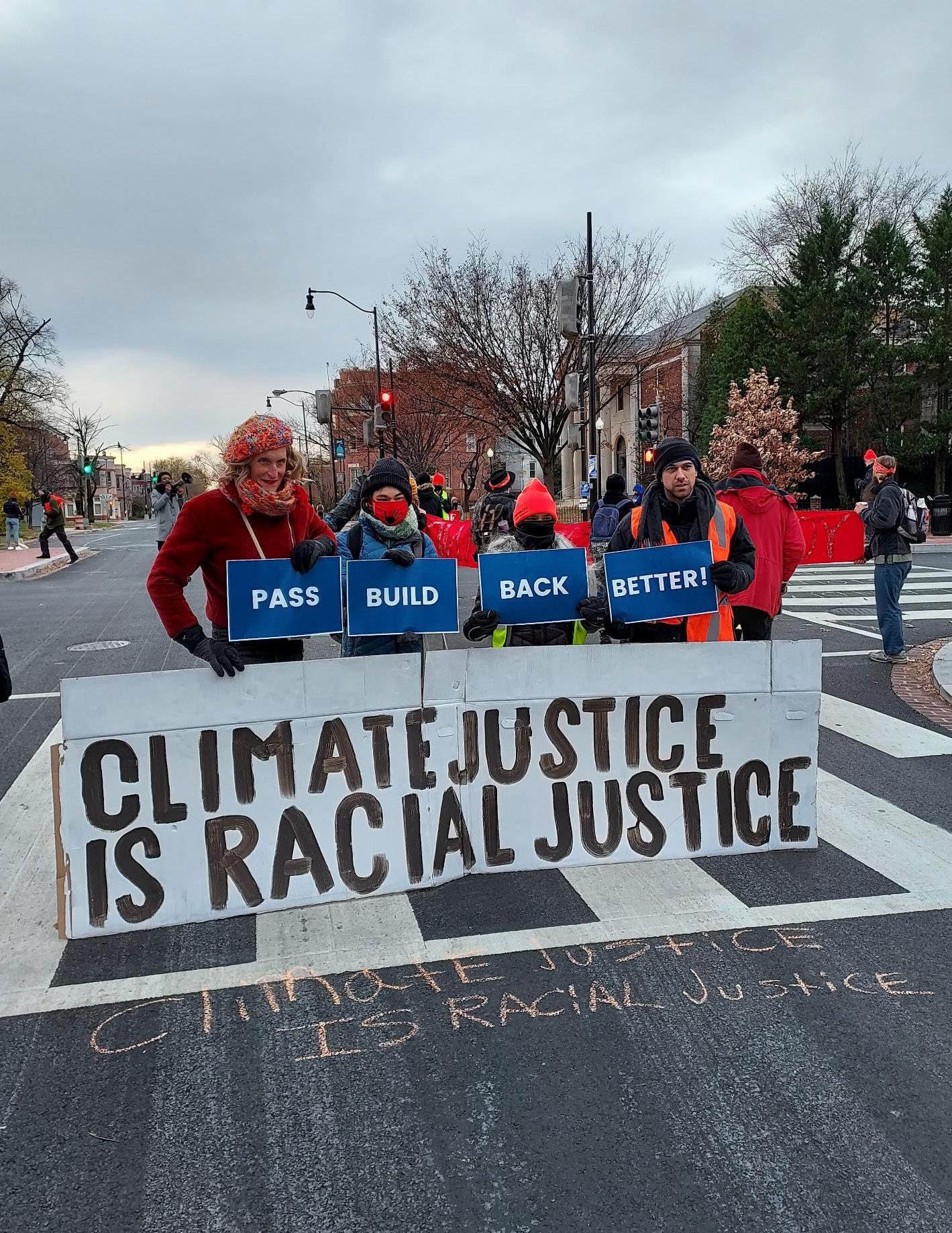

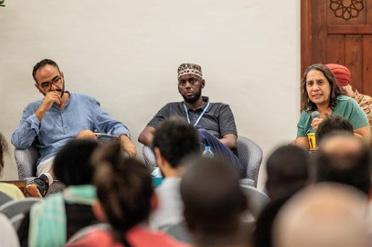
In addition to the work on loss and damage, the team coordinated in movement spaces to get President Biden and Congress to deliver on the president’s pledge for international climate finance, with partial success. Developed countries are supposed to deliver $100 billion to the Green Climate Fund each year, but they have been consistently underdelivering, in part because of the US. In 2021 the US committed to doubling its climate finance, which would amount to $11.4 billion each year by 2024. The administration sought $5.3 billion for 2022, but Congress provided $1.06 billion. In 2023 the team will have to consider how to get the US to meet its international climate pledges in order to maintain trust in the international climate negotiations.
Finally, the committee rallied around ensuring that global carbon markets developed under the Paris Agreement did not replicate the mistakes of the past, which included violations of human rights. USCAN members were also concerned that some governments, such as Brazil, would advocate for projects in the official UNFCCC carbon market system to also participate in a voluntary carbon market system. This could allow double-counting by allowing a project that eliminates carbon to be purchased in two places, making it look like more emissions were reduced than they actually were. USCAN members advocated for safeguards for human rights and also made sure that double-counting in these markets does not occur.
COP27 was held in Sharm El-Sheikh, Egypt this year, and it was one of the most difficult COPs for our members to participate in because the amenities in the conference facilities were not sufficient to meet some basic needs: not enough food, not enough rest rooms, not handicapped accessible, etc. Members faced challenges outside of the conference venue as well: hotels canceled their reservations and then charged $800/night for a room at the last minute. Fortunately, our members were able to work together to find housing for individuals so they were not left stranded.
Although it was a challenging COP, members participated effectively in press conferences around mineral extraction and indigenous rights; loss and damage; and illuminating the issues around Egypt, an oil and gas giant, hosting this conference. Individuals throughout the network were able to speak truth to power and coordinate with journalists to raise awareness of these issues globally.
The Loss and Damage Fund was approved in the 11th hour of the conference—the final topic finalized after the US agreed to the fund. This achievement would not have been possible without the coordination and pressure from USCAN members. Throughout the conference, USCAN called out the US for blocking the fund to assist developing nations. CAN-I awarded multiple Fossil Awards to the US, indicating the country that is the best at being the worst. Several members met consistently
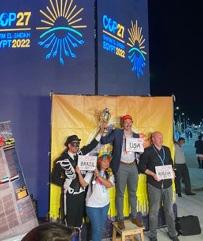
with the State Department but also started meeting with individuals higher up in the Biden Administration to move them on the issue. Domestically, members coordinated with congressional offices and allies to put the conversation on the public’s radar and increase pressure on the State Department to agree on the fund. These activities were incredibly well orchestrated, and USCAN members were able to move the biggest blocker of the fund: the United States government.
The Justice Equity Diversity and Inclusion (JEDI) Committee achieved three major accomplishments this year. First, the committee updated the JEDI Checklist used to assess all action teams quarterly. The checklist is a member-created process meant to hold the action teams accountable to USCAN's JEDI values. The updates resulted in a significant increase in the number of responses from the action teams and standing committees (45 responses in 2022 compared to 29 responses in 2021). The results for each action team and standing committee were tracked separately, which allowed each action team and standing committee to evaluate their results against others and make decisions around specific interventions needed to improve their results. All the action teams agreed to
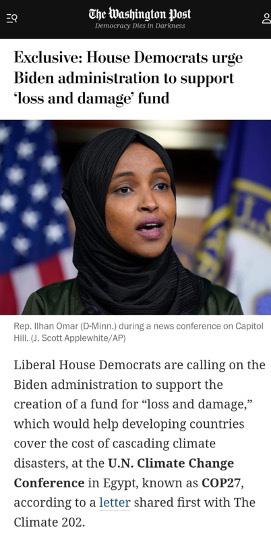
USCAN members worked with congressional offices at home to put domestic pressure on the Biden Administration to agree to a Loss and Damage Fund.
specific strategies to increase outreach to USCAN members to boost participation on the action team calls or increase engagement with the work of the action teams. Secondly, the committee developed a draft proposal for a set of ideals that should guide USCAN as we strive to increase accountability in our movement. This proposal will be tabled at the next annual meeting. And finally, members of the JEDI Committee either directly co-facilitated a series of trauma informed approaches (TIA) for movement organizing skill building sessions for action team co-chairs or received skill building in TIA facilitation techniques and approaches.
Additionally, the Justice Diversity Equity and Inclusion Committee created an updated process for co-chair selection that was socialized in all the action teams and the International Committee. This thoughtful process ensures that we have an intentional selection process for our action team co-chairs, since they have an impact on the content, flow of discussion, and group interactions within the action teams. The selection process is intended to screen for behaviors or facilitation styles that are potentially harmful to the meeting experience of USCAN members in these action team meetings. The committee created a comprehensive set of guidelines, an update of the USCAN 2022/2023 cochair responsibilities document, and an evaluation survey that has been sent to all action team participants. The JEDI committee is also in the process of finalizing a new scope of work for deepening the learning and skill building of USCAN members in action teams on trauma informed approaches to facilitation and movement organizing 2.0, as well as establishing a timeline for learning and skill building of all USCAN voting participants in being actively anti-racist.
Finally, the committee worked collaboratively to finalize a blueprint for operationalizing "Accountability within our Movement" at USCAN. The USCAN Board Strategic Planning Committee received this blueprint and incorporated it into the new draft strategic plan.
Throughout this year, USCAN members worked collaboratively in external tables like the Green New Deal Network, the Climate Action Campaign, and the Build Back Fossil Free Coalition to advance legislation at the federal level that would commit meaningful investments to address the climate crisis. The Inflation Reduction Act (IRA), which was the final iteration of the Build Back Better draft legislation ultimately passed both chambers of Congress and was signed into law in mid-August. While the majority of USCAN members support many provisions of the new law, especially the investments in clean energy infrastructure and technology as well as environmental justice, members were also able to have honest and frank conversations in the action teams and at a network-wide town hall about where they were less aligned and why. Members focused their energy in the aftermath of the passage of the IRA on twice successfully stopping the deeply damaging “permitting reform side deal.”
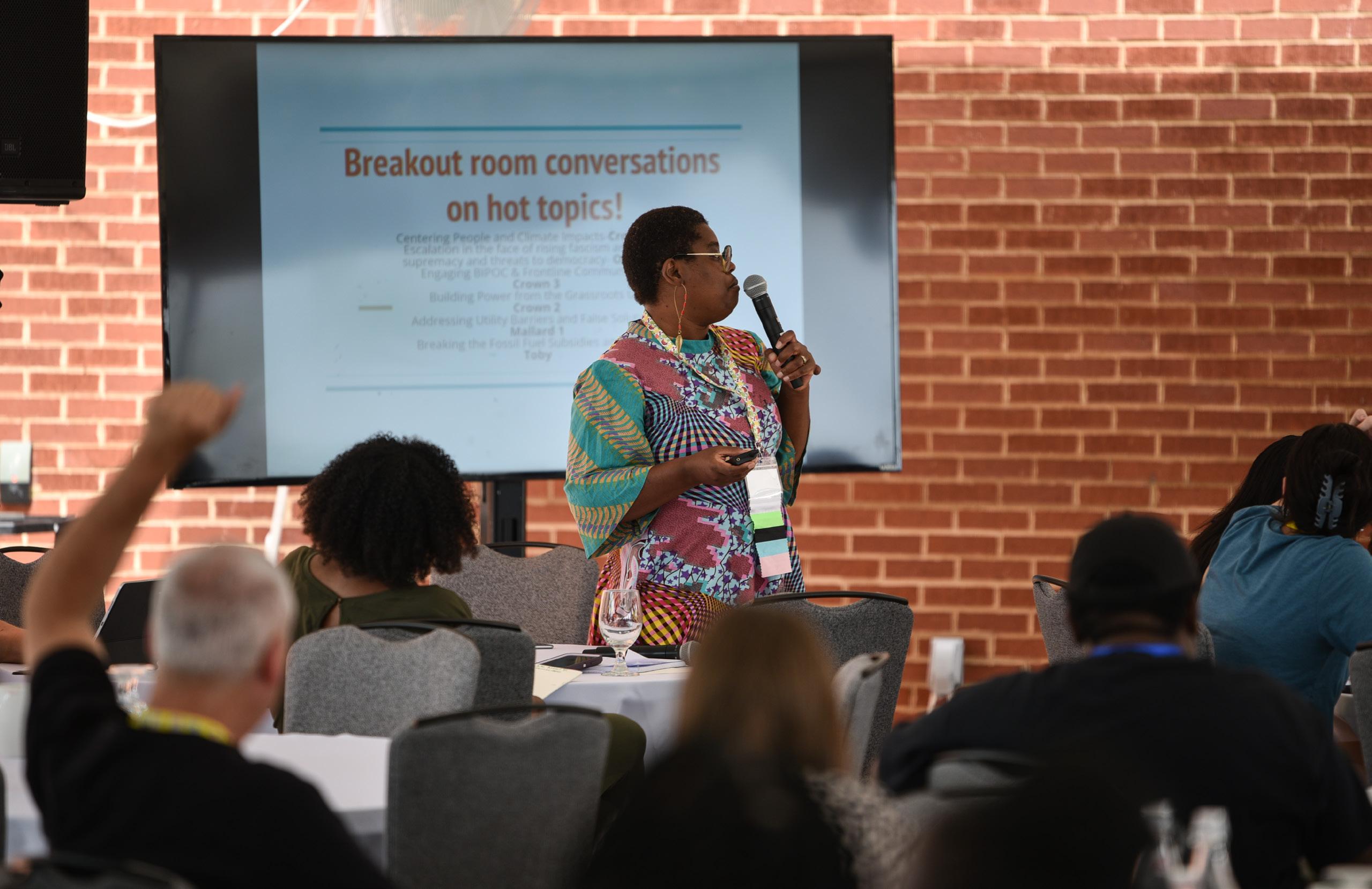
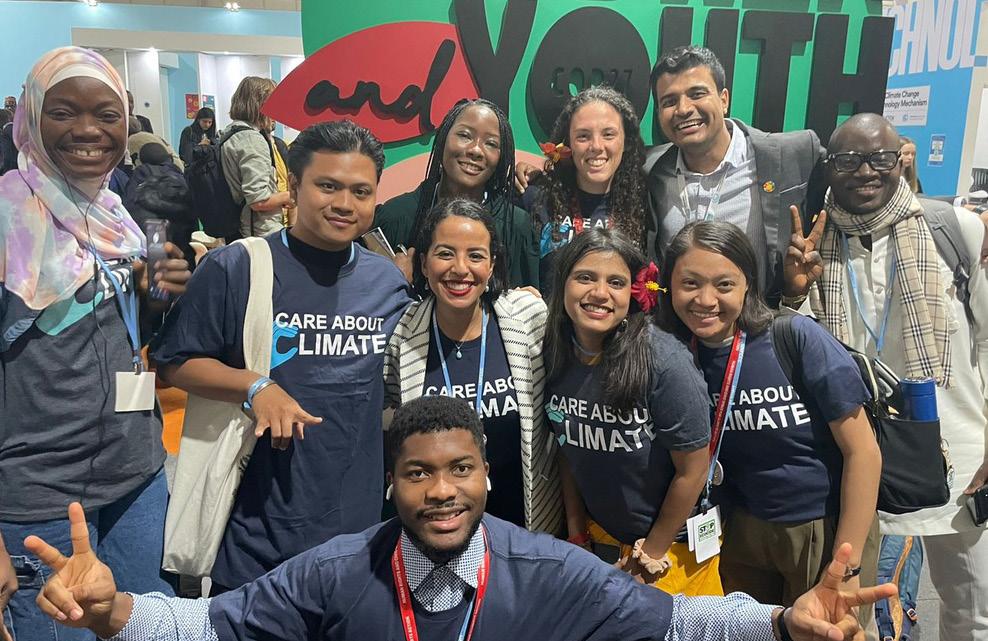
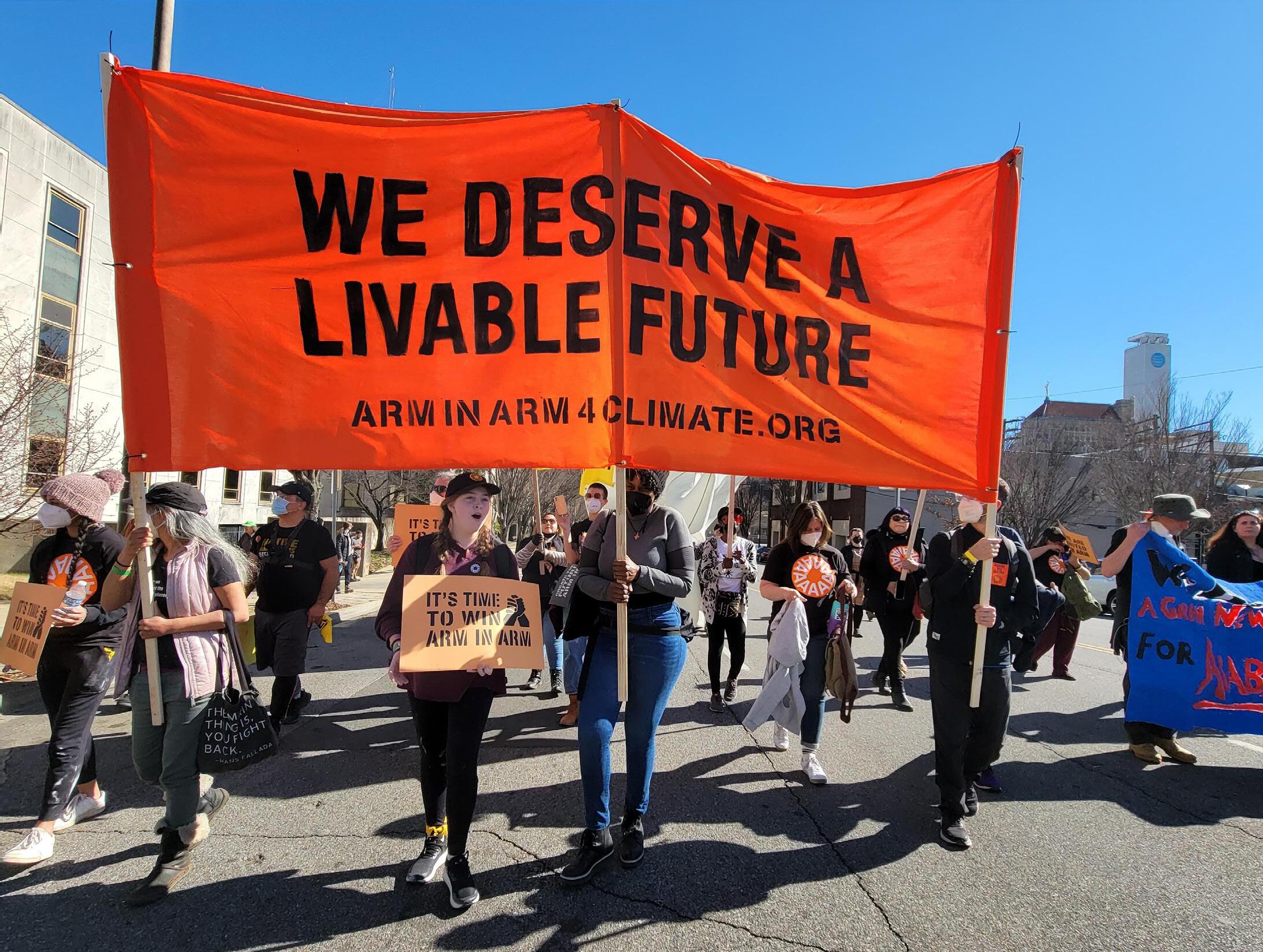
The 2022 surveys were primarily focused on gathering member input for the new USCAN strategic plan. The first opportunity occurred right after the annual meeting in July 2022, when members were asked to provide detailed feedback on what they wanted to see in a new strategic plan. A good response was received from across our membership that influenced the design and focus for the six listening sessions that were hosted in September 2022. Ultimately, the feedback received from the survey, listening sessions and member town hall in early November defined the content of the new strategic plan that members voted on in February 2023 before the USCAN annual meeting.
In 2022 Arm in Arm launched the Power for Southern People NOT Southern Company campaign (#P4SPNSoCo). Demands were seven-fold: democracy justice, climate justice, energy
justice, labor justice, environmental justice, reproductive justice, and economic justice. For democracy justice, we demanded that Southern Company stop using taxpayer dollars in Mississippi, Alabama, and Georgia for oppression by giving money to politicians who support anti-democratic legislation. For climate justice, we demanded that Southern Company take responsibility and accountability for their dangerous greenhouse gas emissions that are driving climate change and imperiling our planet's and humanity's future. In the area of energy justice, we demanded that Southern Company immediately halt all gas, coal, and nuclear construction projects, implement a just transition, and dramatically scale up solar, wind, storage, and energy efficiency. For labor justice, we demanded that Southern Company work to end right-to-work policies in Mississippi, Alabama, and Georgia. For environmental justice, we insisted that energy production and distribution across Mississippi, Alabama, and Georgia cease disproportionately impacting the health, well-being, environments, and economies
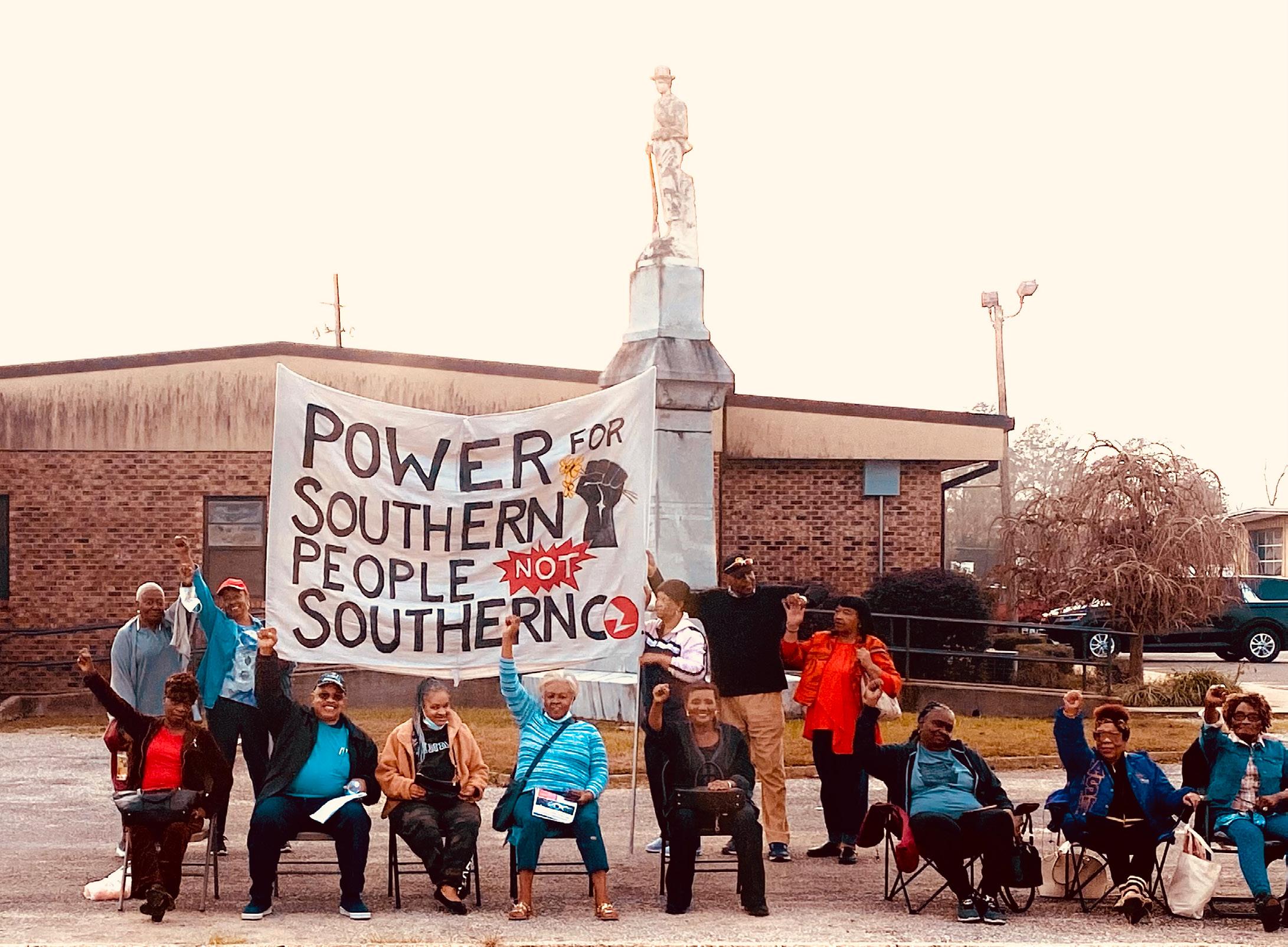
of those living in BIPOC and low-wealth communities. Reproductive justice demands included that Southern Company stop greenwashing their impacts on our health and environment and funding legislators and legislation that dismantle our reproductive rights. Finally, for economic justice, we demanded that Southern Company center the economic welfare of all its customers and communities in which they operate or do business—rather than prioritizing the company’s shareholders. Overall, we believe the company should shift the power to the communities to determine a clean and just energy future and away from shareholders and CEOs of Southern Company.
Arm in Arm performed actions in Louisiana and Alabama in May to train the base of supporters, engage the public, and perform mutual aid. The strategies working from these actions include multi-state collaboration and leadership among the three states, Black and BIPOC leadership, grassroots organizing, mutual aid, peer-to-peer fundraising, and partner training and support to Birmingham, Alabama. We held a session at the Gulf Gathering for Climate Justice and Joy in June in Baton Rouge, discussing false solutions to a just transition. Attendees participated in courageous conversations around ways to collaborate at the local, regional, and national levels.
In July the campaign held actions and education at the Alabama World Games. The team had many wins at this event,
including solid acts of disruptive humanitarianism with a rally that disrupted traffic at the venue entrance, utilizing a People’s Tug of War game, and a People’s Power Lemon “Aid” Stand that distributed information and lemonade. Local leaders came together to share their experiences of Southern Company’s damaging practices in Birmingham and the City of Birmingham’s complicity with Southern Company, especially in light of the World Games taking place in Birmingham and the continued alienation of residents in decision-making and investment opportunities. This action was successful because of the confluence of local leadership, a significant event, mutual aid opportunities, and the education and disruptive humanitarianism that took place.
In October, campaign leaders in Mississippi held a rally at the Mississippi Power offices in Gulfport to protest against the injustice committed by Southern Company against the residents of Kemper County. Coalition partners and Arm in Arm came together in September in Atlanta for the Georgia rate case to tell the Public Service Commission #Don’tRaiseMyBill. In December, hubs working on the #P4SPNSoCo Campaign held “party bus” actions and commissioned mobile billboards. In Mississippi, a bus of local community members traveled to multiple counties, passed out information, and connected with energyburdened communities. Each action provides lessons learned and growth opportunities, as well as informing areas in which Arm in Arm can expand.
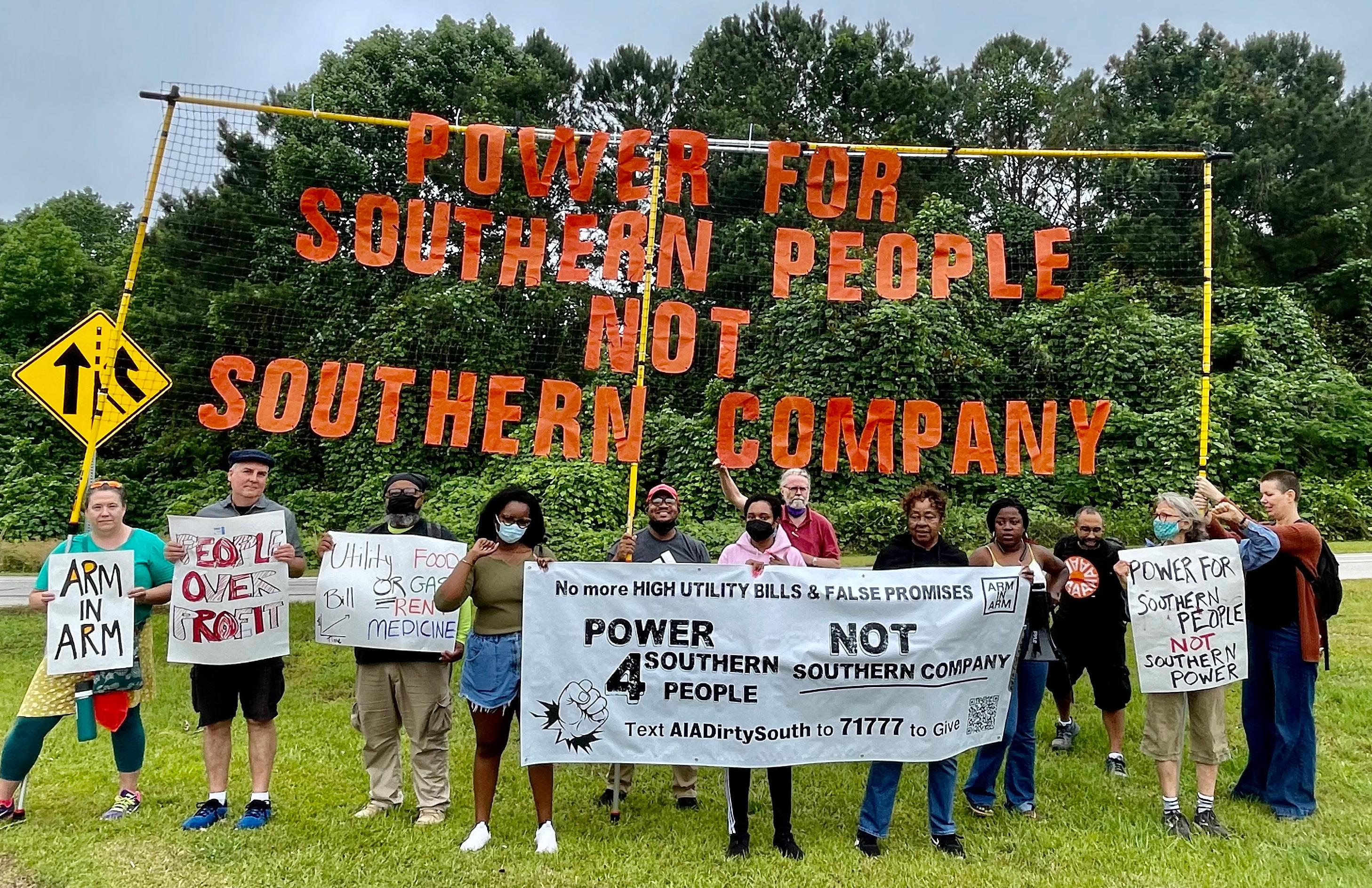

We are also continuing to grow, expand, and improve upon our mutual aid programs. We dispersed food outside the Georgia Public Service Commission and funds at the Alabama World Games and Georgia rate case. In total we have dispersed $20,000 in mutual aid funds, prioritizing single Black mothers and Black elders, single parents, disabled folks, trans-identifying folks, and those experiencing housing insecurity.
Since the launch of the Power for Southern People NOT Southern Company campaign, we have made tremendous progress towards reaching our goals, growing our base and support system, bringing aligned organizations and partners into the fold, and creating a plan to win in the coming year.
The USCAN Member Catalyzing Grants are a successful and important standing program. USCAN knows that collaboration between our members is extremely important to meet the climate crisis at scale. Collaboration is highly apparent in the member-led catalyzing grants program. This program builds trust and alignments and increases network effectiveness. These grants provide funding to frontline leaders and organizations, increasing access to funding for the communities experiencing the greatest inequities. Through these grants, USCAN members not only receive the money needed to support projects, actions, and their daily work, but they also receive knowledge and resources from other organizations that have done similar projects. Because our catalyzing grants process is for our members and is led by our members, this process gives USCAN members additional experience to build their fundraising capacity and knowledge of grantmaking systems. In October 2022, the Member Catalyzing Grants Peer Review Team reviewed 24 grant applications totaling $1,365,000.00 in funding requests. We were fortunate to be able to fund 15 projects in 2022 for a total of $700,000. This is our seventh year
of collaborative grantmaking. At the 2022 USCAN Annual Meeting, several of the Member Catalyzing Grants award recipients shared poster presentations of their work. The poster presentations gave a picture of the leaders involved in the grassroots climate work that USCAN supports, and the people in their communities who benefit. Here is a list of grants approved for the grant period October 2022 to 2023:
ORGANIZATION: AGRICULTURAL MISSIONS, INC
Title of Grant: Increasing People of Color Membership on Boards
Brief Description: This work will promote energy democratization in the local electric power association space by engaging in advocacy and education of marginalized People of Color communities. This grant will lead to more grassroots-led energy policy that will increase emphasis on and access to clean energy generating sources, mainly solar. This work will translate to other spheres where antidemocratic governance and inequities exist.
ORGANIZATION: BLACK WOMEN RISING
Title of Grant: Black Appalachian Coalition (BLAC)
Brief Description: Black Appalachian Coalition (BLAC) amplifies black voices, dismantles the colonized narrative of Appalachia, and uses story-based strategies and solutions that center the voices and lived experiences of Black Appalachians. We connect and amplify voices through our listening sessions, BLAC Paper, “story map” on our website, and policy summit. We also are developing new leaders and increasing outreach through our Fellows Program. Our newest project is developing a toolkit to help people learn more about the issues and how to most effectively share their stories.
ORGANIZATION: CARE ABOUT CLIMATE
Title of Grant: Empowering Young People to Be Their Best Advocates in Climate Policy Spaces
Brief Description: FWe hold governments accountable for implementing the Paris Agreement and prioritizing youth
inclusion through our research and capacity-building work on Nationally Determined Contributions (NDCs). In particular, our NDC Project offers the only youth-led intergenerational and gender justice analysis of Nationally Determined Contributions (NDC) to the Paris Agreement. Through training, mentorship, and education, the NDC project empowers young people to communicate the needs of their communities using data-driven analysis towards the improvement of their NDC.
ORGANIZATION: CREATION JUSTICE MINISTRIES
Title of Grant: Centering People and Climate Impacts in Faith Communities
Partners on Grant: North Carolina Interfaith Power and Light, Virginia Interfaith Power and Light, Interfaith Power and Light (DC.MD.NoVA), Union of Concerned Scientists (unfunded partner)
Brief Description: Through Centering People and Climate Impacts in Faith Communities, we partnered to strengthen the work of climate resilience in faith communities in Maryland, Virginia, and North Carolina. Our approach is three-fold: strengthen grassroots relationships in these states, deepen our understanding of community-based climate resilience through research and peer learning, and set up structures for sustainable, ongoing engagement with these communities.


ORGANIZATION: ECOEQUITY
Title of Grant: US Fair Share Collaborative
Partners on Grant: The People’s Justice Council, ActionAid USA (unfunded partner), Climate Nexus (unfunded partner), North Carolina Interfaith Power & Light (unfunded partner), Southeast Climate & Energy Network (SCEN) (unfunded partner), Women’s Environment and Development Organization (WEDO)(unfunded partner)
Brief Description: The US Fair Share Collaborative aims to engage US climate and climate justice groups much more closely with the rapidly evolving international climate equity and fair shares debates, with the specific goal of putting the US fair share in the emergency international climate effort firmly onto the movement agenda. Such a strategy is needed to shift the conversation from what is considered “possible” to what is actually necessary, both as a moral mandate and in frank acceptance of the scale of the climate crisis. Only when the movement clearly articulates an international fair shares politics as part of an overall justice forward analysis will we be able to mobilize at scale.

ORGANIZATION: EFC WEST
Title of Grant: Southwest Tribal Adaptation Menu
Brief Description: This work will serve to recruit volunteers and develop content for a Tribal Adaptation Menu through meetings and interviews with Southwestern Tribes on their adaptation needs and local and regional impacts from climate change. This climate "road trip" will collect data and visually record climate impacts, adaptation, and mitigation measures that can be integrated into an eventual Adaptation Menu specifically designed for Southwestern Tribes.
ORGANIZATION: ELDERS CLIMATE ACTION
Title of Grant: Breathe Again Collaborative: Healthy Air Is Health Care
Partners on Grant: Mothers and Others for Clean Air, United Women in Faith, The People's Justice Council, North Carolina Interfaith Power & Light, Georgia Interfaith Power & Light, GASP, Moms Clean Air Force, and Climate Nexus
Brief Description: The Breathe Again Collaborative provides in-depth, research-based education and action opportunities that focus on the health costs of air pollution and the connection between climate change, air pollution, and environmental injustice. In the second year of this grant, we will explore how working with the US EPA can help improve the health of our communities. This includes learning about and educating others about the role of the local and regional
EPA offices; connecting the community to EPA tools, resources, and funding; and advocating to the EPA through public comment and testimony. In addition to our work with the EPA, we will also focus on partnering with local organizations, like Arm and Arm, to take direct action that will address the impacts of air pollution and protect communities.
ORGANIZATION: MT. ZION COMMUNITY OUTREACH
Title of Grant: Living in the Shadows of Nuclear!
Partners on Grant: Kingdom Living Temple, Mt. Zion Community Outreach, Inc., The Imani Group, Inc., Whitney M. Slater Foundation,
Brief Description: "Living Under the Shadows of Nuclear" will empower and educate frontline communities living in the shadows of commercial and/or federal nuclear facilities. We will interface with management and/or representatives from those facilities, teach community members how to create their own emergency preparedness kits and response initiatives, and how to develop Community Benefits Agreements with these industries. We will train these community members that "you can not get ready, but you have to be ready"!

Restoration of Our Truth (through) Education & Demonstration

Introduction
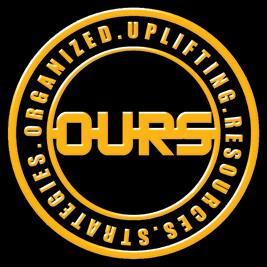
e s n a f o o d d e s e r t a n d m p r o v e t h e r h e a l h a n d q u a t y o f e o u t c o m e s

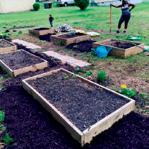

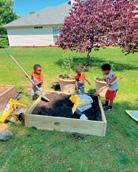
Plan of Action
H e l p c o m m u n y m e m b e r s s t a t a n d m a n a n a c o n a n e r g a d e n n t h e r b a c k y a r d D e v e o p a c o m m u n t y g a r d e n n M c C o r m c k , S C P r o v d e e d u c a i o n a o p p o t u n t e s o n h e t o p c s o e n v r o n m e n a u s t c e a n d t h e m p o r a n c e o f t h e l a n d a n d f o e s s n o u a r e a S w n g n g S e e d s A s a t e w d e g a r d e n n g n t a v e t h a t p r o v d e s r e e s e e d s a n d p a n t s d u r n g p a n i n g s e a s o n G a d e n n g c a s s e s o r b e g i n n e s S a n g a n d p a n n g y o u r g a d e n G r o w n g a n d m a n a n n g y o u g a r d e n A w h o c o m p l e e b o t h c l a s s e s e c e v e a r e e g a r d e n s t a r t e k t H a v n g n - p e r s o n c a s s e s d u n g t h e p
n
e m c L a c k o a c c e s s t o t e c h n o o g y l k e B r o a d
ORGANIZATION: NEWARK WATER COALITION
Title of Grant: The Newark Water Coalition Training Center
Brief Description: The Newark Water Coalition established a training center to build power from the grassroots up. The training center will certify Newark residents and all residents of the North Jersey area with the knowledge they need to seek out lead assessment certifications. This training center gives both community members a new avenue in workforce development as well as creating a self-sufficient way to fund the service work of the Newark Water Coalition.
ORGANIZATION: ORGANIZED UPLIFTING RESOURCES & STRATEGIES (OURS)
Title of Grant: ROOTED Phase 2
Brief Description: The work of the proposed grant will be phase 2 of the ROOTED project. In this phase of the grant, we are looking to secure land to serve as the hub for the edible organic landscape and demonstration site. This will be a multipurpose educational center and serve as home to Farm OURS. This will house all of the programs in one location, and people will be able to come and receive training through hands-on learning and education. We will also be able to provide some stipends for participants' travel, training, and other opportunities.
ORGANIZATION: PHYSICIANS FOR SOCIAL RESPONSIBILITY PENNSYLVANIA
Title of Grants: Climate Resilience, Environmental Justice, and Community Health: Protecting Frontline Communities from Radioactive Pollution
Partners on Grant: Physicians for Social Responsibility Pennsylvania, Georgia WAND, Imani Group, Nuclear Information and Resource Service (NIRS)
Brief Description: Frontline energy communities are impacted by both climate change and high levels of toxic pollution, with devastating health impacts. This project will develop public education materials and strategies for communities impacted by radioactive pollution from fracking and nuclear industries in Pennsylvania and Georgia that are disproportionately Black, Brown, Indigenous, rural, and low-wealth, with poor access to healthcare and the economic and political clout to hold energy corporations, policymakers, and regulators accountable. In order to survive the hardships of the climate crisis, these communities and those like them must be informed and organized to hold polluters, policymakers, and regulators accountable for environmental cleanup, reparations for the harm they suffer, and resources for public health protection and medical care, as described in the Vision for Equitable Climate Action (VECA).
Title of Grant: Sol Nation is Closing the Green Gap
Brief Description: Sol Nation is a small yet mighty team of fierce advocates, organizing around real, communityled solutions, rather than just the issues alone, in order to change the lives of Black and Brown people and build a world where people and the earth are in harmony. We exist to identify and close the green gap between the desire of communities of color to live in regenerative and sustainable communities, and their access to power, infrastructure, resources, and education. We are mobilizing intergenerational communities directly impacted by environmental injustice through art, music, and culture, ushering in the next generation of environmental justice leaders by giving them access to knowledge and resources.

ORGANIZATION: SOUTH CAROLINA INTERFAITH POWER & LIGHT
Title of Grant: 2022–2023 Climate Justice and Resilience Project
Partners on Grant: Creation Justice Ministries, North Carolina Interfaith Power and Light, Georgia Interfaith Power and Light, South Carolina Interfaith Power and Light, and The People’s Justice Council. These organizations comprise a collective organizing body known as Southeast Faith Leaders Network.
Brief Description: The Southeast Faith Leaders Network
(SFLN) is a collaborative effort building long-term grassroots power and capacity among faith communities and frontline communities across the Southeast region. Through this project, we are building on the success of our 2022 “Resilient Democracy” campaign by educating faith communities about the importance of participating in local advocacy and decision-making processes while building a powerful movement that votes ahead of the 2024 election cycle. Given the significant role South Carolina and other SFLN states play in shaping national elections, SFLN will communicate the direct relationships of climate disasters, community resilience, and democracy to voters.
ORGANIZATION: SUSTAINING WAY
Title of Grant: Voices of New Washington Heights
Brief Description: This project will amplify the narratives of community activists in New Washington Heights, a predominantly Black neighborhood in Greenville, South Carolina, through interviews with residents on their experiences with environmental racism and how they want to stop it and repair existing damages. Stories will be collected by local youth and published in an anthology, as well as incorporated visually into a living mural in a community garden. This project will alert the general public about injustices Black residents face and empower the community as they work to make systemic changes in city policies.
ORGANIZATION: KENTUCKY CONSERVATION COMMITTEE
Title of Grant: Advancing Energy Democracy Through Public Engagement/State Utility Reform
Brief Description The goal of the project is to provide resources to help citizens to understand how public agencies such as their public utility commissions/public service commissions conduct oversight of utilities and provide best practices and messaging for citizens to help balance the dynamic between the utility and the customer so that the needs of the customers come first. This project will entail growing our base of allies in each state focused on how their utilities are regulated to make it easier for consumers to engage in the public process and expand advocacy for lower bills; diversified, reliable energy choices; a just and equitable transition; and better climate resiliency. We intend to develop and pilot public education strategies and grassroots campaigns for energy democracy and utility reforms that give the public greater access to regulatory, legal, and democratic processes to accelerate the implementation of climate and energy policy, emissions reductions, and a just and equitable transition to 100% renewable energy. We will share this work among the collaborating states
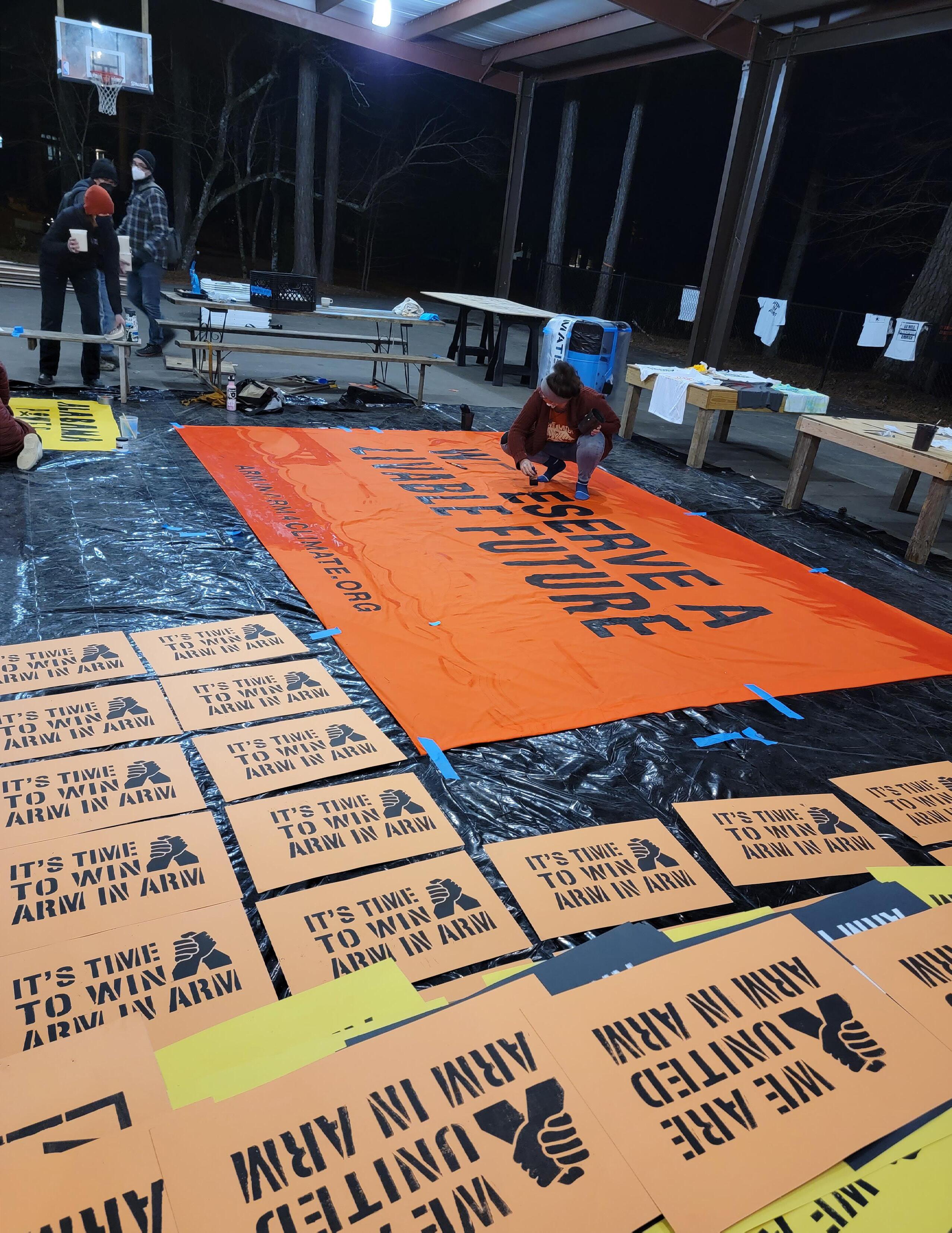

Keya Chatterjee
Executive Director
Carrie Clayton
Senior Network Systems Director
Rosita Scarborough
Senior Network Engagement Director
Marie Risalvato
Network Engagement Director
Natalie Lucas
Engagement Specialist
Robin Peeples
Development Director
Amelia Cole
Systems Director
Stephanie Ready
Network Systems Coordinator
Jamie Cummings
Engagement and Systems Intern
William J. Snape, III
Legal Counsel & USMUST Board Chair
Senior Counsel, Center for Biological Diversity
Professor, American University Law School
Lindsay Harper
National Core Support Team Coordinator
Sharon Phillip
Digital Engagement Manager
Sydney Mosier
Operations and Finance Manager
Jamiere Folmar
Grassroots Fundraising Coordinator
Te’andria Ellis
Campaign Manager
Kevin Cramer
Digital Engagement Intern
Vincent Vertuccio
Data Lead Intern
Become a member: Contact membership@usclimatenetwork.org and learn how your organization can become a USCAN member.
Follow us online: facebook.com/USClimateActionNetwork usclimatenetwork.org @USCAN instagram.com/climateactionnetwork
As USCAN has been so fortunate over the years to have tremendous support from generous grants and foundations, this year we took steps towards building our development team. Robin Peeples joined us as our new development director to oversee our grants and foundation team to support new fundraising activities that will bolster our commitment to centering voices of leaders of color, promoting the work of our members, and empowering grassroots and frontline groups. Our goal is to build a scalable diverse revenue stream to continue to expand our reach and build a new era of supporters.
We implemented a new fundraising model and platform that is scalable for social justice movements, called Peer to Peer (P2P). This grassroots type of fundraising is very popular in many nonprofits. P2P is when individuals organize personal campaigns to collect donations from their friends and family for a particular cause they are passionate about. This type of crowdfunding is a quick and easy way for someone to support our work and get resources into the hands of folks who are on the frontlines.
In the coming year, we will amplify our giving to reach a larger audience, build more affinity with USCAN, and support more members of our community at USCAN.
350.org Brooklyn, New York
350 New Hampshire Dover, New Hampshire
350 Spokane Spokane, Washington
50by40 Leakewood, Kansas
Acadia Center Rockport, Maine
Action for Climate Emergency Boulder, Colorado
ActionAid USA Washington, District of Columbia
Advocates for the Environment Los Angeles, California
Agricultural Missions, Inc. New York, New York
Alliance for Affordable Energy New Orleans, Louisiana
Alliance of Nurses for Healthy Environments Mount Rainier, Maryland
American Jewish World Service New York, New York
American Lung Association Chicago, Illinois
American Society for Adaptation Professionals Ypsilanti, Michigan
Anthropocene Alliance Chicago, Illinois
Avaaz New York, New York
Backbone Campaign Vashon, Washington
Bank Information Center Washington, District of Columbia
Berkeley Carbon Trading Program Berkeley, California
Black Women Rising Dayton, Ohio
Brighter Green New York, New York
Buddhist Tzu Chi Foundation San Dimas, California
Care About Climate Flagstaff, Arizona
Center for American Progress Washington, District of Columbia
Center for Biological Diversity Tucson, Arizona
Center for Community Change Washington, District of Columbia
Center for International Environmental Law Washington, District of Columbia
Center for Sustainable Climate Solutions Harrisonburg, Virginia
Center for Sustainable Economy Lake Oswego, Oregon
Ceres Boston, Massachusetts
Charleston Climate Coalition Charleston, South Carolina
Chesapeake Climate Action Network Takoma Park, Maryland
Citizens Climate International Coronado, California
Citizens Climate Lobby Coronado, California
Clean Air Coalition of Western New York Buffalo, New York
Clean Energy Action Boulder, Colorado
Clean Energy Works Washington, District of Columbia
Climate Access San Francisco, California
Climate Action Rhode Island Newport, Rhode Island
Climate Advocacy Lab San Francisco, California
Climate and Development Lab
at Brown University Providence, Rhode Island
Climate Generation Minneapolis, Minnesota
Climate Hawks Vote Washington, District of Columbia
Climate Interactive Washington, District of Columbia
Climate Law & Policy Project Washington, District of Columbia
Climate Mobilization Project Brooklyn, New York
Climate Nexus New York, New York
Climate Reality Project Washington, District of Columbia
Climate Scorecard Milton, Massachusetts
Colorado Farm & Food Alliance Paonia, Colorado
Corporate Accountability International Boston, Massachusetts
Creation Justice Ministries Washington, District of Columbia
Dayenu: A Jewish Call to Climate Action New York, New York
Detroiters Working for Environmental Justice Detroit, Michigan
Dogwood Alliance Asheville, North Carolina
Earth Ministry Seattle, Washington
Earthjustice San Francisco, California
Earthworks Washington, District of Columbia
EcoAmerica Washington, District of Columbia
Ecoequity Albany, California
Education, Economics, Environmental, Climate and Health Organization (EEECHO) Gulfport, Mississippi
Elders Climate Action Truckee, California
Elected Officials to Protect America Fly Creek, New York
End Climate Silence New York, New York
Energy Alabama Huntsville, Alabama
Environmental & Energy Study Institute Washington, District of Columbia
Environmental Defense Fund New York, New York
Environmental Finance Center West West Berkeley, California
Environmental Protection Network Washington, District of Columbia
Evergreen Action Washington, District of Columbia
Faith Alliance for Climate Solutions Reston, Virginia
Faith in Place Chicago, Illinois
First Faith Baptist Church New York, New York
Forum for Climate Engineering Assessment Washington, District of Columbia
Foreign Policy for America Washington, DC
Fossil Free Media Concord, New Hampshire
Franciscan Action Network Washington, District of Columbia
Friends Committee on National Legislation Washington, District of Columbia
Friends of the Earth Washington, District of Columbia
Gasp Birmingham, Alabama
Georgetown Climate Center Washington, District of Columbia
Georgia Clinicians for Climate Action Washington, District of Columbia
Georgia Interfaith Power & Light Decatur, Georgia
Georgia WAND Atlanta, Georgia
Gonzaga Center for Climate, Society, and the Environment Spokane, Washington
Green Deshis Ellicott City, Maryland
GreenFaith Highland Park, New Jersey
GreenLatinos Washington, District of Columbia
Greenpeace Washington, District of Columbia
Health Care Without Harm Reston, Virginia
Hip Hop Caucus Washington, District of Columbia
Hometown Organizing Project Montevallo, Alabama
Houston Climate Movement Houston, Texas
Hudson Valley Climate Action Network Chatham, NY
Humane Society International Washington, District of Columbia
Institute for Policy Studies Washington, District of Columbia
Institute for Sustainable Communities Washington, DC
InterAction Washington, District of Columbia
Interfaith Power & Light (DC.MD.NoVA) Washington, District of Columbia
Interfaith Power & Light/ The Regeneration Project San Francisco, California
International Environmental Law Project Portland, Oregon
International Fund for Animal Welfare Washington, District of Columbia
Iowa Interfaith Power & Light Des Moines, Iowa
JAPRI Community Programs Greenville, South Carolina
John Muir Project of Earth Island Institute Big Bear City, California
Justice is Global Chicago, Illinois
Kentucky Conservation Committee Frankfort, Kentucky
Kentucky interfaith Power & Light Louisville, Kentucky
Kingdom Living Temple Florence, South Carolina
Labor Network for Sustainability Takoma Park, Maryland
League of Conservation Voters Washington, District of Columbia
Livelihoods Knowledge Exchange Network Lexington, Kentucky
Methane Action Calabasas, California
Michigan Interfaith Power & Light Southfield, Michigan
Minnesota Interfaith Power & Light Minneapolis, Minnesota
Moms Clean Air Force Washington, District of Columbia
Mothers and Others for Clean Air Atlanta, Georgia
Mothers Out Front Boston, Massachusetts
Mt. Zion Community Outreach Corporation Grovetown, Georgia
Multisolving Institute Washington, DC
National Association for the Advancement of Colored People (NAACP) Baltimore, Maryland
National Wildlife Federation Reston, Virginia
Natural Resources Defense Council (NRDC) New York, New York
New Alpha CDC Florence, South Carolina
Newark Water Coalition Newark, New Jersey
New Jersey Organizing Project West Creek, New Jersey
New Mexico Interfaith Power & Light
Albuquerque, New Mexico
North Carolina Conservation Network Raleigh, North Carolina
North Carolina Interfaith Power & Light Raleigh, North Carolina
Nuclear Information and Resource Service (NIRS) Takoma Park, Maryland
Ohioans for Sustainable Change Columbus, Ohio
Oil Change International Washington, District of Columbia
Organizing Uplifting Resources & Strategies (O.U.R.S.)
Mount Carmel, South Carolina
Our Children's Trust Eugene, Oregon
Our Climate Education Fund Washington, District of Columbia
Oxfam America Boston, Massachusetts
Pacific Environment San Francisco, California
Partnership for Policy Integrity Amherst, Massachusetts
Partnership for Southern Equity Atlanta, Georgia
Pee Dee Indian Tribe McColl, South Carolina
Pennsylvania Interfaith Power & Light State College, Pennsylvania
Pennsylvania Physicians for Social Responsibility Philadelphia, Pennsylvania
Pivot Point Shelton, Washington
Polar Bears International Bozeman, Montana
Powershift Network San Francisco, California
Presbyterian Church USA Louisville, Kentucky
Public Citizen Washington, District of Columbia
Quaker Earthcare Witness Albany, New York
Rachel Carson Council Bethesda, Maryland
RE-AMP Madison, Wisconsin
Reefquest Foundation Palisades, California
Refugees International Washington, District of Columbia
Remineralize the Earth
Northampton, Massachusetts
Second Nature Cambridge, Massachusetts
Service Employees International Union Washington, District of Columbia
Sierra Club San Francisco, California
Sojourners Washington, District of Columbia
Sol Nation Charlotte, North Carolina
South Carolina Interfaith Power & Light Greenville, South Carolina
Southeast Climate Energy Network (SCEN) Fort Lauderdale, Florida
Southern Alliance for Clean Energy Knoxville, Tennessee
Southern Oregon Climate Action Now Jacksonville, Oregon SPROUT NOLA New Orleans, Louisiana
Stand.earth Bellingham, Washington
Sunrise Movement Washington, District of Columbia
Sustainable CSRA Aiken, South Carolina
Sustaining Way Greenville, South Carolina
SustainUs Quincy, Massachusetts
Taproot Earth Slidell, Louisiana
Texas Impact Austin, Texas
The Chisholm Legacy Project Burtonsville, Maryland
The Climate Center Santa Rosa, California
The Climate Initiative
The College of the Atlantic, Program in Global Environmental Diplomacy
Kennebunkport, Maine
Bar Harbor, Maine
The Episcopal Church Office of Government Relations New York, New York
The Evangelical Lutheran Church in America
The Imani Group, Inc
The Mountain Pact
The People's Justice Council
The United Methodist Church — General Board of Church and Society
The Whitney M. Slater Foundation
The Wilderness Society
Chicago, Illinois
Graniteville, South Carolina
Truckee, California
Atlanta, Georgia
Washington, District of Columbia
Florence, South Carolina
Washington, District of Columbia
Tribal Environmental Policy Center Rio Rancho, New Mexico
U.S. Baha'i Office of Public Affairs
Union of Concerned Scientists
Unitarian Universalist Service
United Parents Against Lead (UPAL)
Washington, District of Columbia
Cambridge, Massachusetts
Cambridge, Massachusetts
Richmond, Virginia
United Women in Faith New York, New York
Utah Moms for Clean Air
Utah Valley Earth Forum
VIVAT International
Salt Lake City, Utah
Spanish Fork, Utah
New York, New York
Virginia Interfaith Power & Light Richmond, Virginia
Voices for Progress
We Own It
West Michigan Environmental Action Council
Win Without War
Washington, District of Columbia
Madison, Wisconsin
Grand Rapids, Michigan
Washington, District of Columbia
Wisconsin Green Muslims Milwaukee, Wisconsin
Woodwell Climate Research Center Falmouth, Massachusetts
Women's Earth and Climate Action Network Mill Valley, California
Women's Environment and Development Org (WEDO)
World Wildlife Fund
New York, New York
Washington, District of Columbia
Young Evangelicals for Climate Action Indianapolis, Indiana